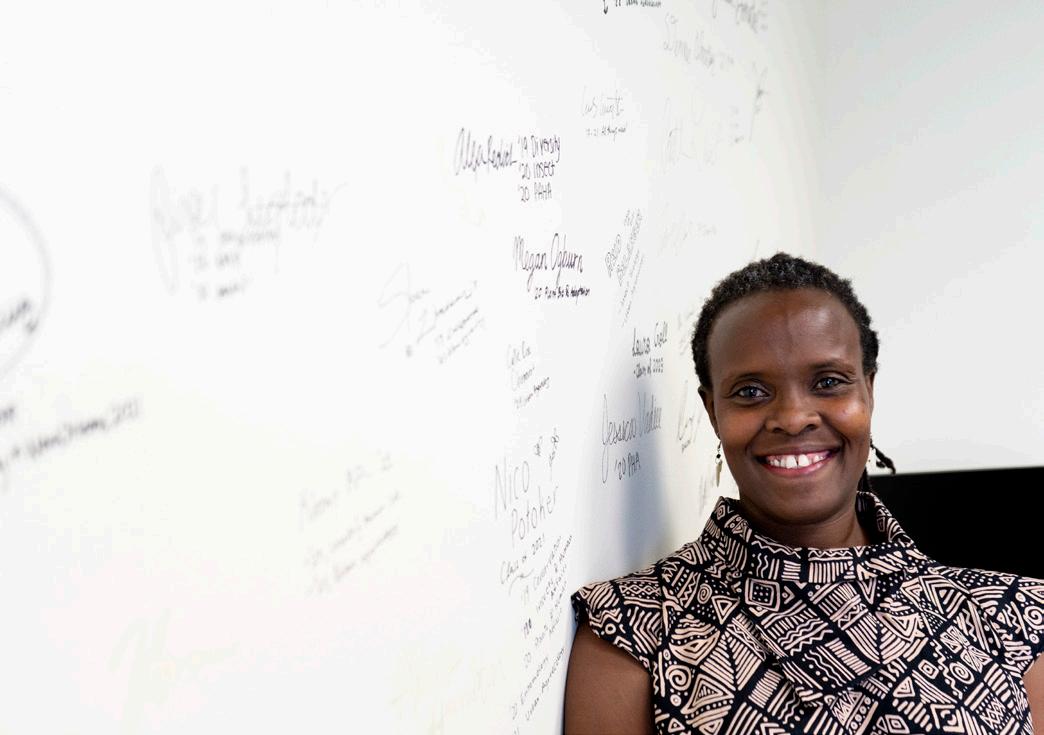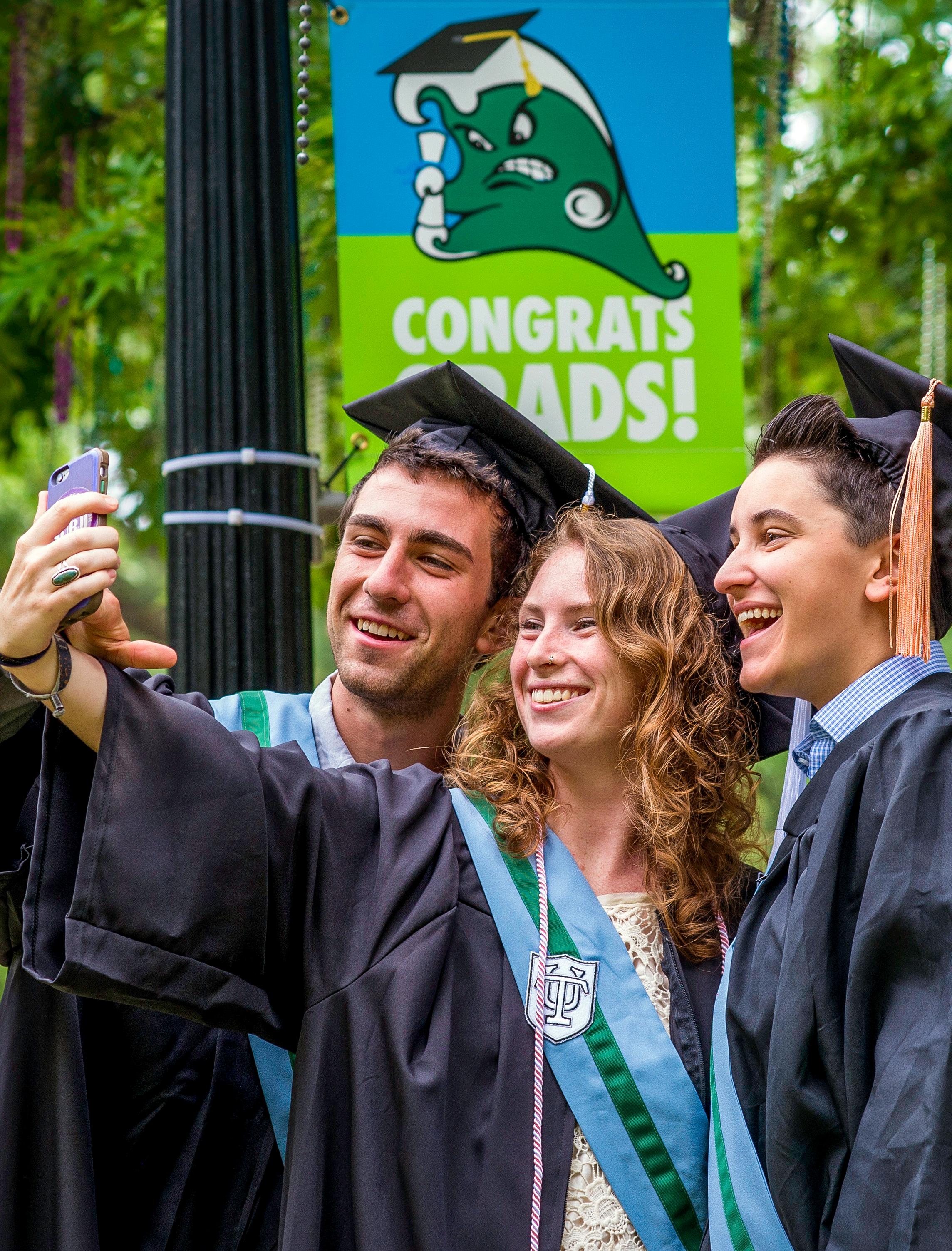THE COLLEGIAN



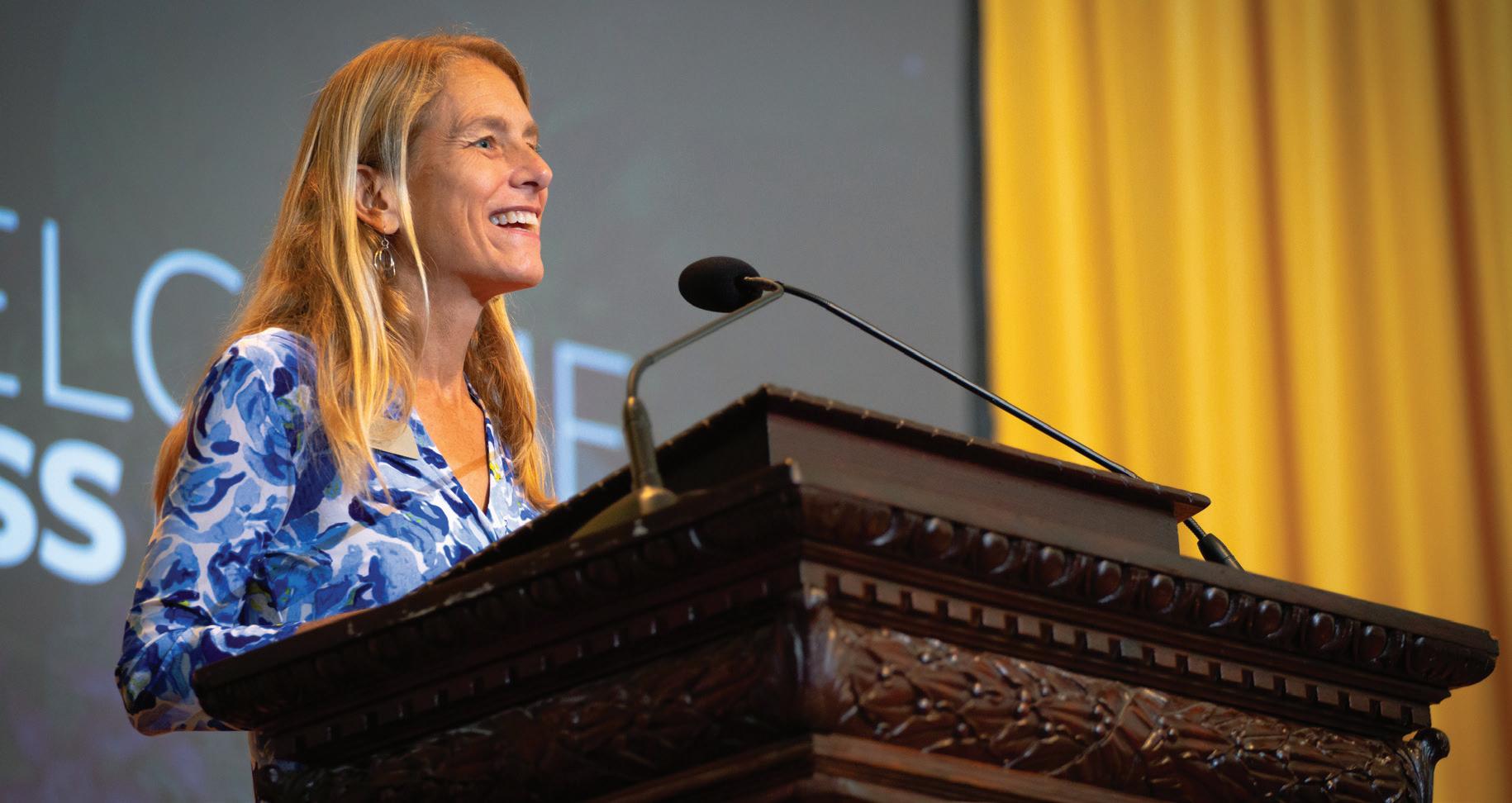
Mentoring, the focus of this year’s Collegian, is close to my heart; during my own undergraduate days I benefitted from mentoring by other students and by my faculty, and was a peer mentor in turn. I know how mentoring can change a student’s life, help them adjust to university life and academics, and inspire them to help others in turn. In fact, I’d even go so far as to say that some of my early mentoring experiences helped set me on my eventual career path: faculty mentors guided me as I embarked on serious academic research, and my work as a peer writing instructor and academic advisor helped inspire me to dedicate my career to undergraduate education.
The relationships that students form with their mentors in and out of the
classroom shape their experiences not only at Tulane but beyond, and I am delighted to highlight some of the programs that Newcomb-Tulane College spearheads and the mentors who play such a critical role in students’ lives and work here. The College purposefully connects students with peer, staff, and faculty mentors and helps students become peer mentors themselves in a host of programs. The mentor-mentee relationships across the College and across campus are the backbone of our academic community, as we learn and grow together.

At a particularly frigid college fair, a Tulane recruiter was pitching three things that deeply resonated with Cooper: live music, service-learning opportunities, and warm weather.
Newcomb-Tulane College is proud to mentor thousands of undergraduate students along their unique academic journeys, and even prouder when a select few of these students become mentors themselves. Enter Cameron Cooper, Class of 2019. Born and raised in Rhode Island, Cooper happened upon Tulane almost by chance. At a particularly frigid college fair, a Tulane recruiter was pitching three things that deeply resonated with Cooper: live music, service-learning opportunities, and warm weather. Before long, Cooper found himself in New Orleans as a newly enrolled first-year student living in Wall Residence Hall.
Cooper’s first year at Tulane wasn’t without its challenges. “Some parts were great,” he said. “I enjoyed the independence and the new friendships, but other adjustments were hard. Whatever identity I had, or thought I had, before college was suddenly and completely malleable. Someone can reinvent themselves entirely if they want to. I had to figure out who I was, and how I could change to become the person I wanted to be.” Cooper credits his Tulane Interdisciplinary Experience Seminar (TIDES) course with helping him throughout the process. “During my first year, TIDES was in the process of being reimagined, adding faculty and peer mentorship to the course curriculum,” said Cooper. “I really bonded with my faculty member and, around the end of my first year, I was approached about joining a pilot program
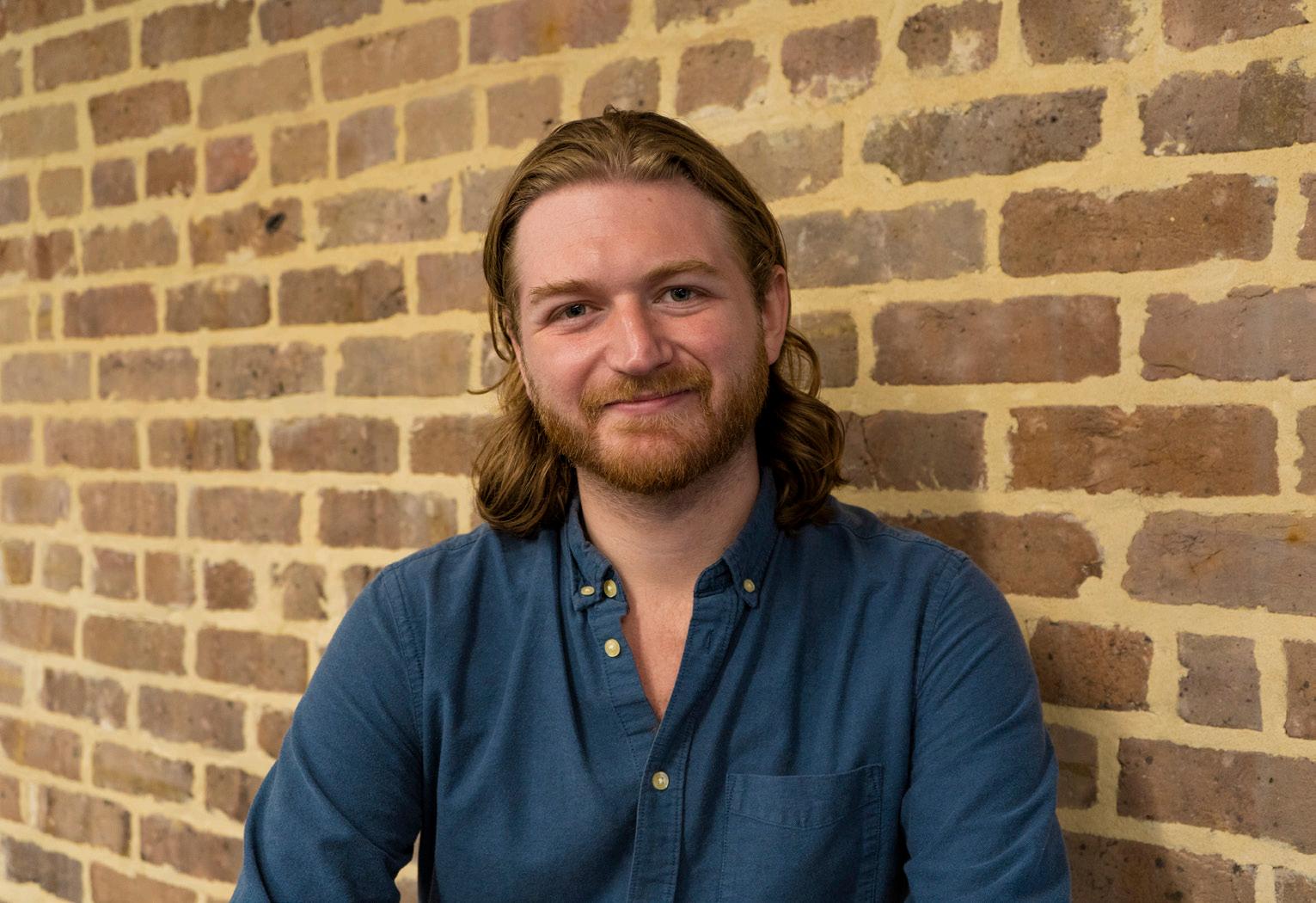
From mentee, to Peer Mentor, to mentoring the Peer Mentors on how to mentor their menteesAUTHOR: HUNTER JONES
that would place upperclass students into TIDES to serve as transition mentors to first-year students. I jumped at the opportunity.”
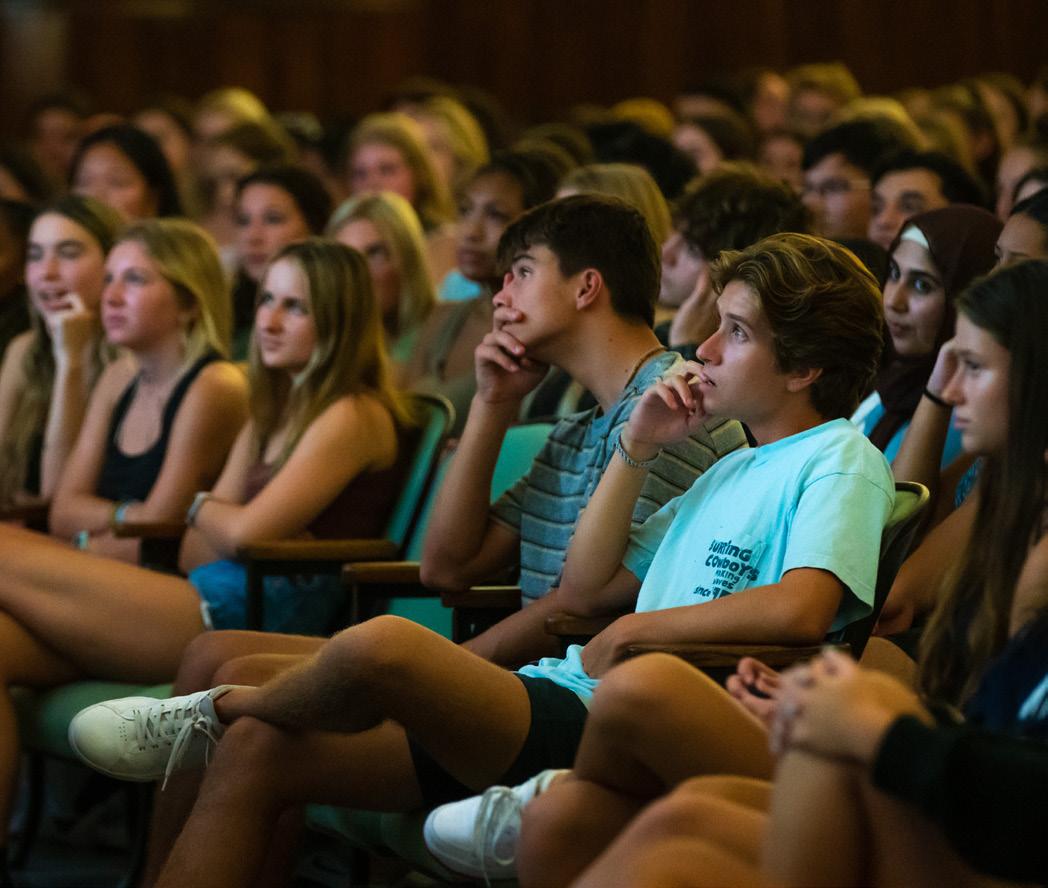
went from mentee, to Peer Mentor, to mentoring the Peer Mentors on how to mentor their mentees. Running the Peer Mentor program was deeply personal; I got to see it from so many different perspectives as it grew over the years. I’ll always cherish that experience.”
Today, Cooper uses his carefully honed skills as an Academic Success Coach in the Newcomb-Tulane College Office of Student Success. “The work is similar, but also completely different at the same time.” said Cooper. “I work directly with students throughout different stages of their academic career to help them set, and achieve, a broad spectrum of academic, personal and professional goals. You really get to know students on a deeper level and help them make meaningful, positive changes in their lives.”
During Cooper’s sophomore year, the mentee became the mentor. “I was an RA in Monroe Residence Hall and one of only ten Student Mentors in TIDES,” said Cooper. “So between those two roles, there were about 65 students depending on me at any given time. I could see so many of them facing the same struggles I did, and I was right there to support them. It was one of the most gratifying things I’ve ever felt.” In addition to mentoring and supporting students, Cooper’s participation in the overwhelmingly successful pilot program helped shape the TIDES Peer Mentor program into what it is today: a network of over 120 highly-trained student leaders that, together, ensure every first-year student at Tulane has a successful academic and social transition to the university.
Cooper’s involvement with TIDES continued throughout his junior and senior year as a Peer Mentor and a student intern in the Office of the First-Year Experience. “Being part of the office was different,” said Cooper. “Cristina Lawson and Rosie Yates really invested in me. They helped me customize the job, get the work experience I wanted, and prepare me for a career in higher education.” At the time, Cooper had no way of knowing that he would ultimately get to apply these skills and experience at his alma mater, in the very office that had invested in him throughout his academic journey.
Following graduation, Cooper applied and was selected for a position within the Office of the First-Year Experience, supervising the TIDES Peer Mentor program. Initially nervous about moving from peer to supervisor, Cooper quickly found his footing and excelled. “It’s kinda funny to say it out loud,” laughed Cooper. “Over the years, I
“I wouldn’t be where I am, or who I am, without Tulane. My time here as a student, and now as a staff member, has shaped me personally and professionally,” said Cooper. “It’s incredibly fulfilling to do this work, especially at my alma mater. Every time I work with a student, I remember my own experiences and the people that invested in me, and I’m so thankful to be able to support today’s students the same way I was supported. Who knows, maybe one of them gets the spark too, and they’ll be here working with me after graduation!”
Did you know that NTC employs 121 TIDES Peer Mentors to work with first-year students?
“I wouldn’t be where
I am, or who I am, without Tulane.”
There is no ‘one size fits all’ on the career journey, and the Career Launch program offers practical, hands-on educational experiences and coaching to address each student’s unique needs.
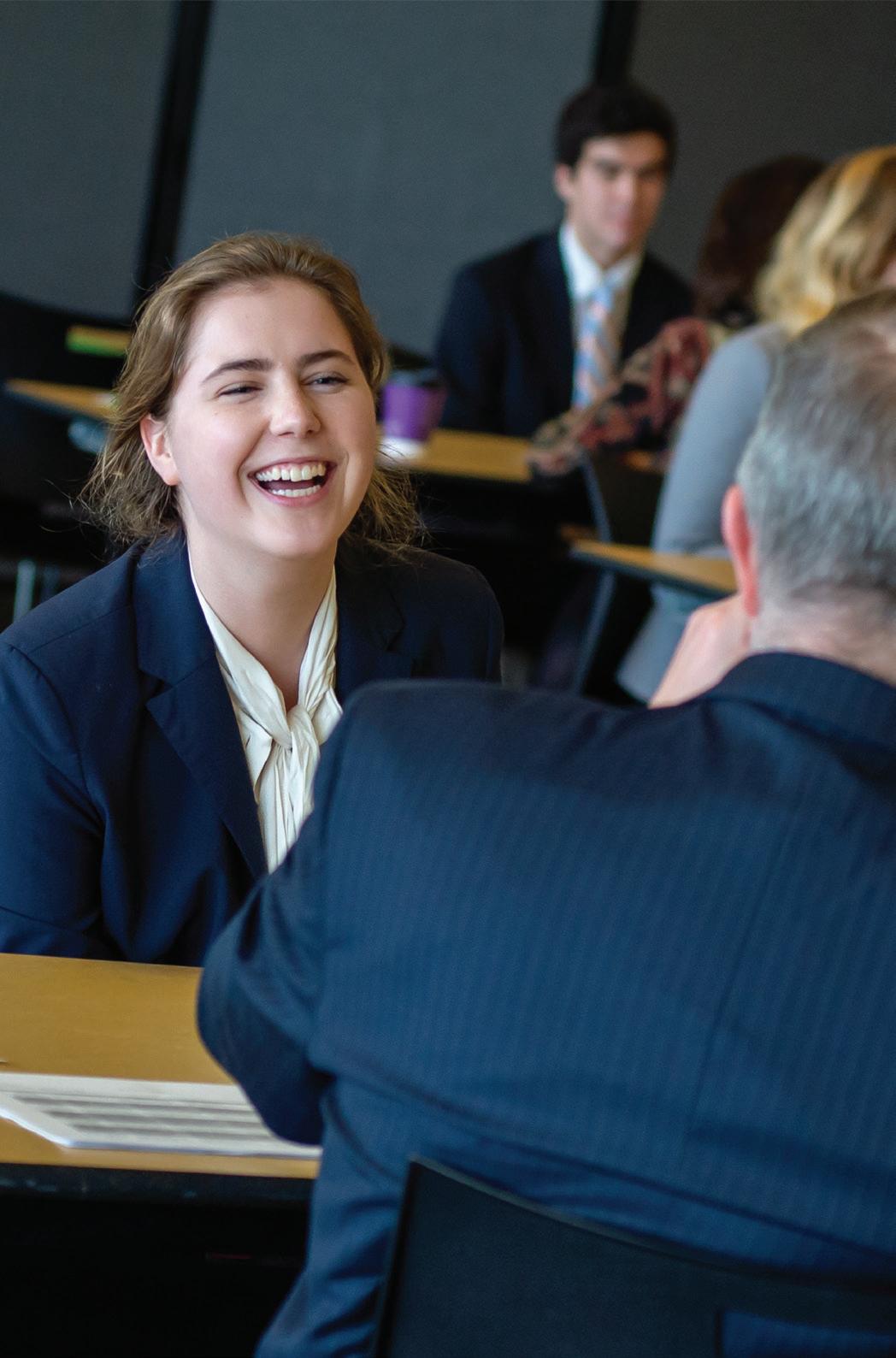
What advice would you give a current student searching for their first job? Get good grades? Gain experience through an internship? Make sure to network? Good grades and internship experience, although not guaranteed, seem like fairly straightforward concepts, but what does it mean to network and how does one actually engage in the practice? People are telling students to network, but no one has really shown them how to do it. That is, until now.
Newcomb-Tulane College Career Services teamed up with the Center for Academic Equity to pilot the Career Launch Program, which takes a handson, action-oriented approach to teaching students how to network. Edward Cruz, Executive Director of NTC Career Services, is excited to bring this new program to Tulane. “It’s a major paradigm shift for networking education,” says Cruz. “It’s more than just encouraging students to ‘be confident’ or to make sure they ‘maintain an active LinkedIn account.’ The Career Launch curriculum revolves around social capital, which can be understood as the links between people in society and where one fits into society. It’s a sort of hidden curriculum to getting a job that isn’t taught in the classroom. With this program, we can teach students how to proactively increase their social capital, give students the tools to create social capital themselves and help them build the foundation of a career-long professional network.”
A diverse spectrum of students were invited to participate in the initial 28-day pilot program, with an intentional preference toward first-year students because they would be able to put these newly learned skills into practice throughout their entire college career and prepare for the transition to life beyond Tulane. Over the course of this cuttingedge microlearning program, students engaged with educational Career Launch modules on a daily basis. All participants also met together once per week for additional coaching and activities. A key strength of the Career Launch program is its flexibility to be tailored to the specific needs of individual students. Everyone comes to college with different strengths, experiences and goals. For instance, one student might need extra assistance in projecting confidence when meeting new people, while another might need strategies to determine which opportunities would be the most beneficial to their career goals. There is no ‘one size fits all’ on the career journey, and the program offers practical, hands-on educational experiences and coaching to address each student’s unique needs.
To elevate this experience, Career Services provided program participants with important careerfocused assets like personalized business cards and professional headshots to further assist them on their career journey. At the end of the 28-day period, there was a closing reception to acknowledge the successful completion of the program, celebrate the students’ success stories, and brainstorm ideas for future improvements to the program.
The Career Launch pilot program was an overwhelming success. “Career Launch gave me a step by step guide for inserting myself into the professional world,” said Dalisia Hughes, a first-year student participant. “Using their method, I was able to get a meeting with a neuroscientist and discuss
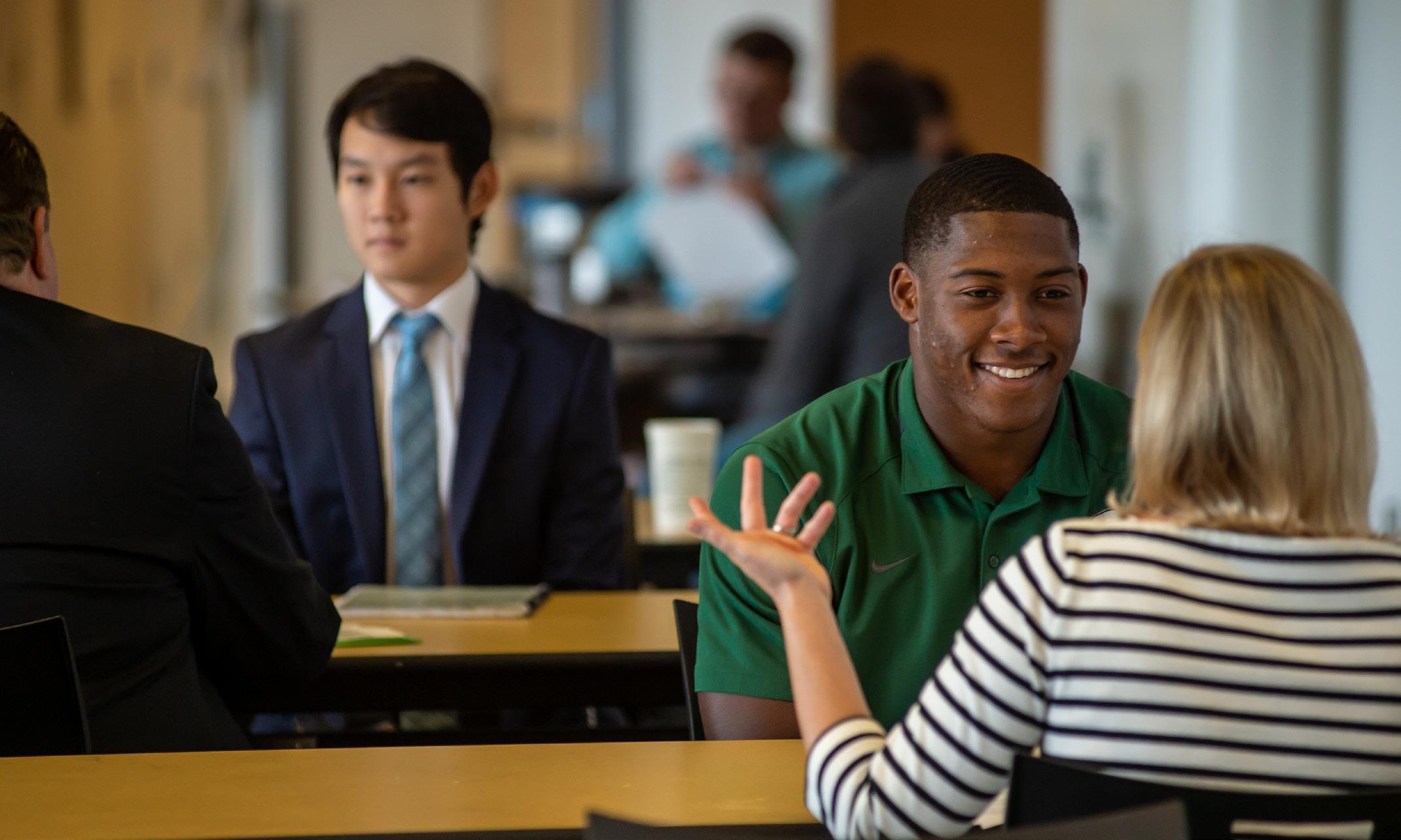
“Career Launch gave me a step by step guide for inserting myself into the professional world.”
During the spring pilot program, NTC Career Services partnered with alumni and NTC Dean’s Advisory Council members to elevate the Career Launch to provide the CL student cohort an opportunity to utilize the skills they were developing in the program. Amy Pasquariello NC ‘98 and Howard Margolis B ‘87 co-hosted a dinner at a local restaurant to engage students within the CL cohort. During the dinner, Pasquariello and Margolis spent time learning about each student’s transition and experience at Tulane. They offered their professional guidance and network to further support CL students in achieving their goals.
Additionally, Amy Pasquariello and Steven Moffitt TC ‘99, during their visit to campus in April 2022, hosted a group of students to continue engaging with the CL students over coffee.
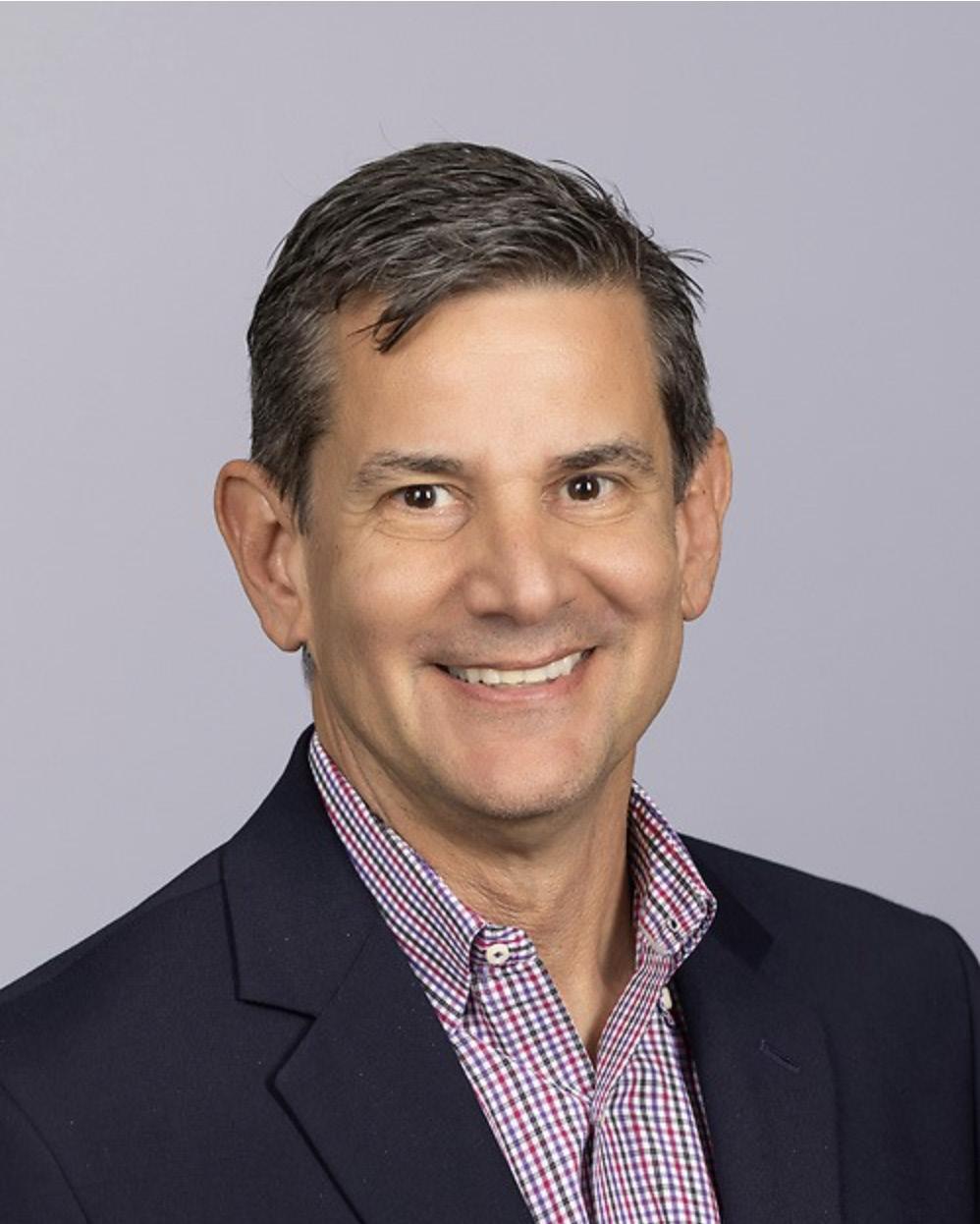
his research. Even though he didn’t have any open positions for students, he gave me a lot of advice on research, how to get into the research field and information about what researchers are looking for in undergraduates. Using his advice, I strengthened my social capital, secured a letter of recommendation from a different professor, applied for a research position and received notice just a week later that I had been accepted for the position!”
Hughes is far from the only student that reported positive outcomes. 78% of participants reported great gains in feeling prepared for their internship or job search, 89% of participants reported they have less anxiety related to career and post-grad life, and 100% participants agreed that learning about professional etiquette and how to strategically increase their social capital has increased the likelihood of completing their undergraduate degree. “With the success of the Career Launch pilot, we plan to scale up the program in the upcoming academic year,” says Cruz. “The Career Launch method will assist our students in taking control of their personal and professional networks while understanding the strategies to enhance their networks to achieve their desired outcomes. It is a skill they will lean on throughout their time at Tulane and beyond graduation as they embark on their future careers."

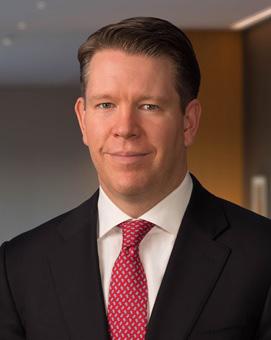
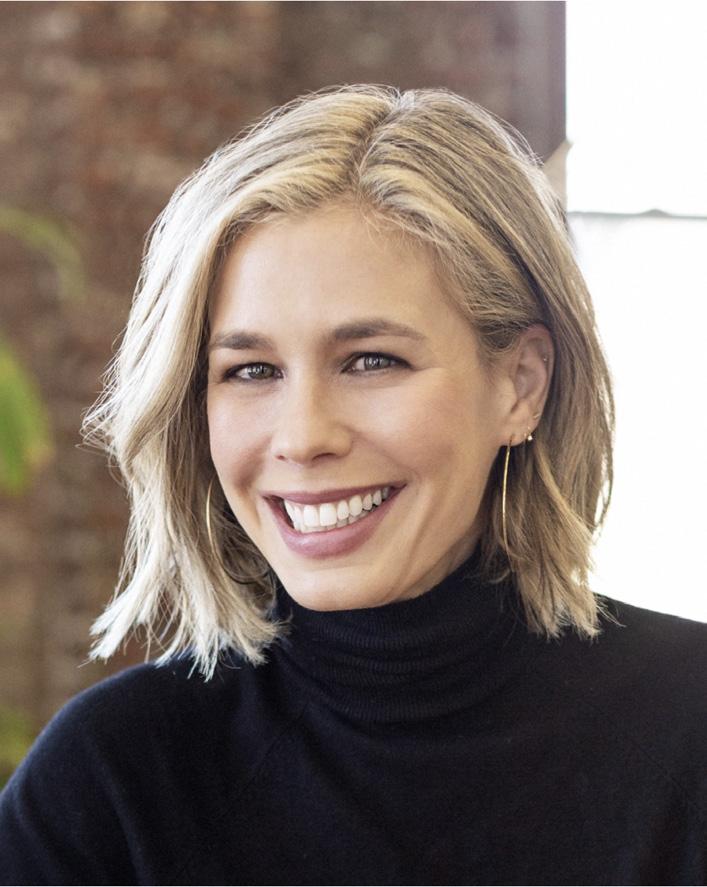
How students of color are discovering their vocation and passion in the medical field with the help of medical school mentors
 AUTHOR: HUNTER JONES
AUTHOR: HUNTER JONES
Are my grades good enough? Should I shadow a physician, work as a clerk or both? What will I research? Who’s going to write my recommendation letters? Where should I apply?
These are just a few of the questions that premed students wrestle with, but thanks to the ASPIRE Research Buddy Program, they don’t have to go through the process alone. Initially funded by Tomi Prvulovic and now maintained by a grant from the Tulane Office of Equity, Diversity and Inclusion, the program pairs NTC undergraduates historically underrepresented in the medical profession with medical students from the Tulane School of Medicine. The pair take on a mentormentee relationship, while also working together to conduct research.
Jaz Montès is a current junior participating in the ASPIRE Research Buddy Program. His Buddy is Sharon Liu, a secondyear medical student. “I wasn’t necessarily sure how to navigate the process of getting into research opportunities as an undergraduate,” said Montès. “Applying
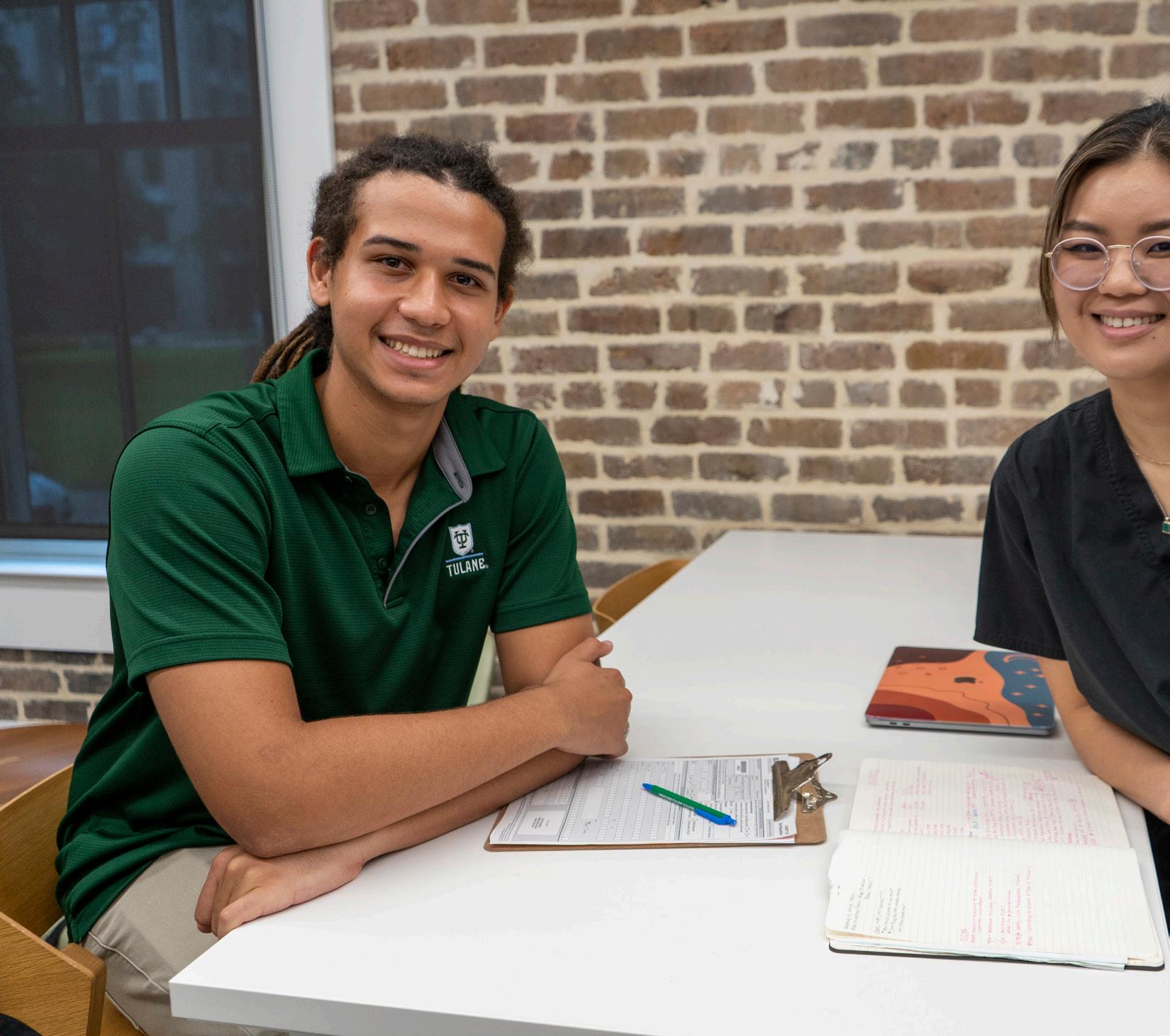
to medical school is a daunting task. Without ASPIRE and working with Sharon, it would have been a more complicated and frustrating process.”
Jaz Montès (left) and Sharon Liu (right) meet regularly both inside and outside the lab.
“We’re in the lab together every day and he is incredibly disciplined. There are times I get to the lab and Jaz is already here with everything prepped and ready to go for whatever we’re doing that day. Under Dr. Fusco, our principal investigator, we’re engaged in a pilot
Programs like ASPIRE open doors for the next generation of doctors.

“Jaz is selling himself short,” interjects Liu.
study to better understand how certain genes impact the infectivity of certain diseases. Specifically, we’re studying the immune systems of mice lacking the HELZ2 gene. It’s a great project to be involved with, especially for an undergraduate, because we get to actively participate in the actual work. We’re not relegated to just cleaning up the lab or writing footnote citations.”

“Being part of ASPIRE has been great beyond just the research experience,” says Montès. “It’s given me opportunities to connect with the Tulane School of Medicine, learn more about the overall medical school application process, and strengthen myself as a candidate. I feel so much more confident in myself; I’ve gone from feeling like I was just surviving to feeling like I’m thriving as a pre-med student.”
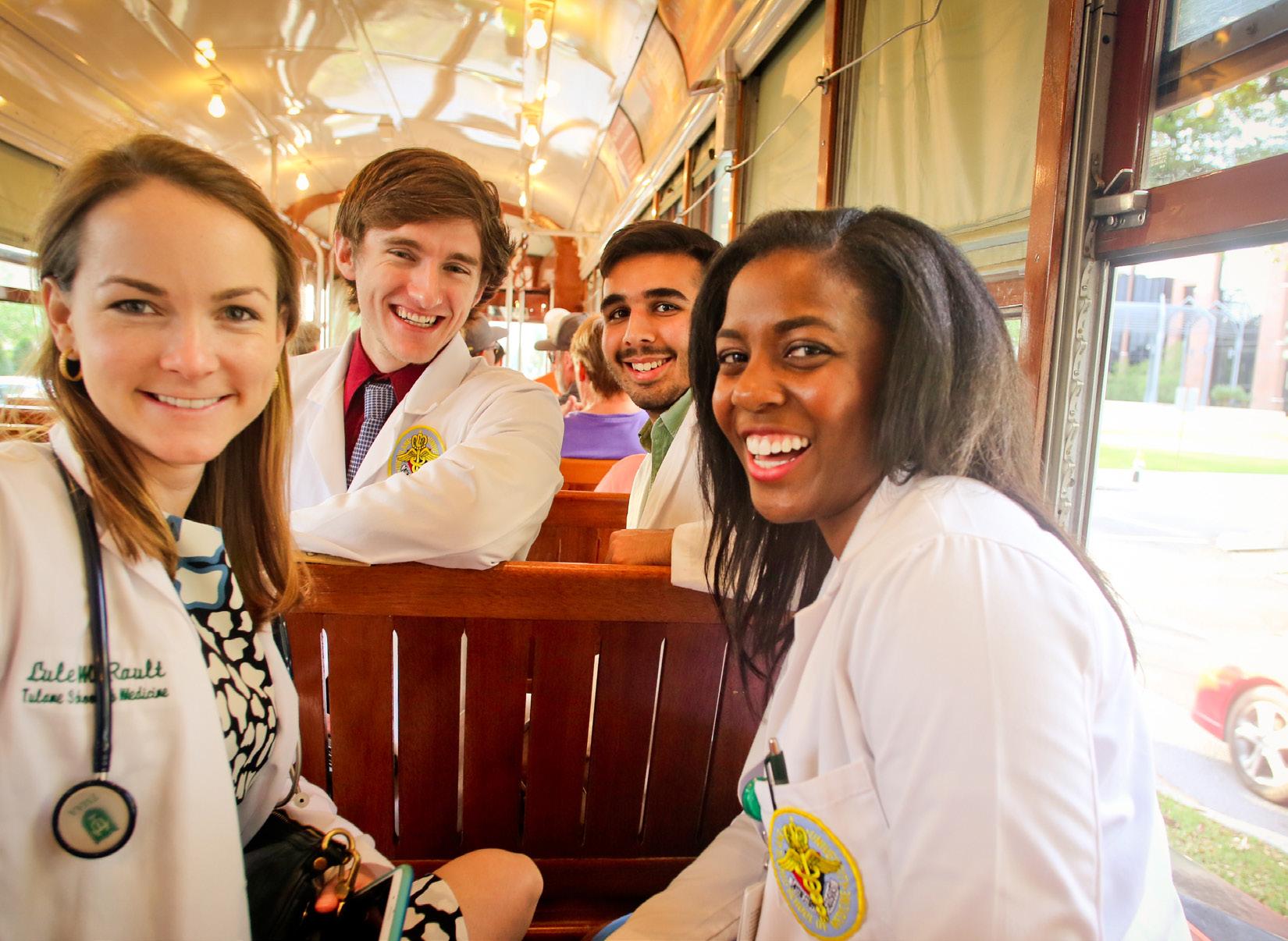
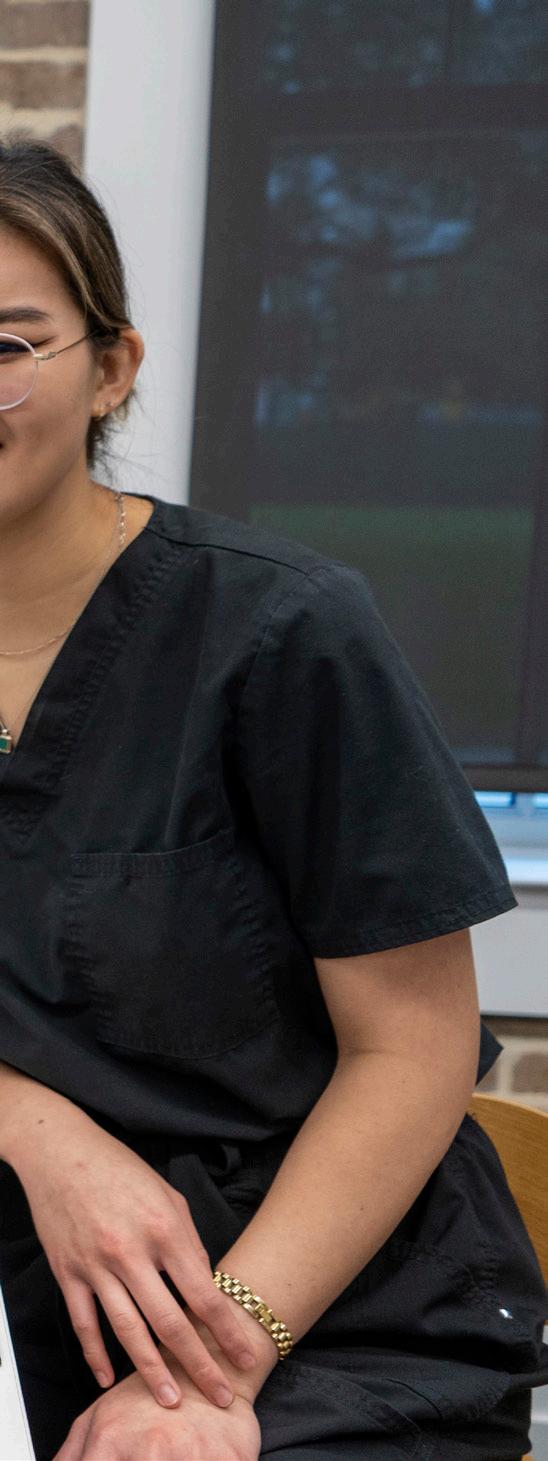
“I’ve gone from feeling like I was just surviving to feeling like I’m thriving as a pre-med student.”
programs forge life-long bonds between
Donovan Robertson, DJ Lylecyrus, Myles Ortiz-Green, and Akil Brown gather together with friends and family to celebrate the Class of 2021.
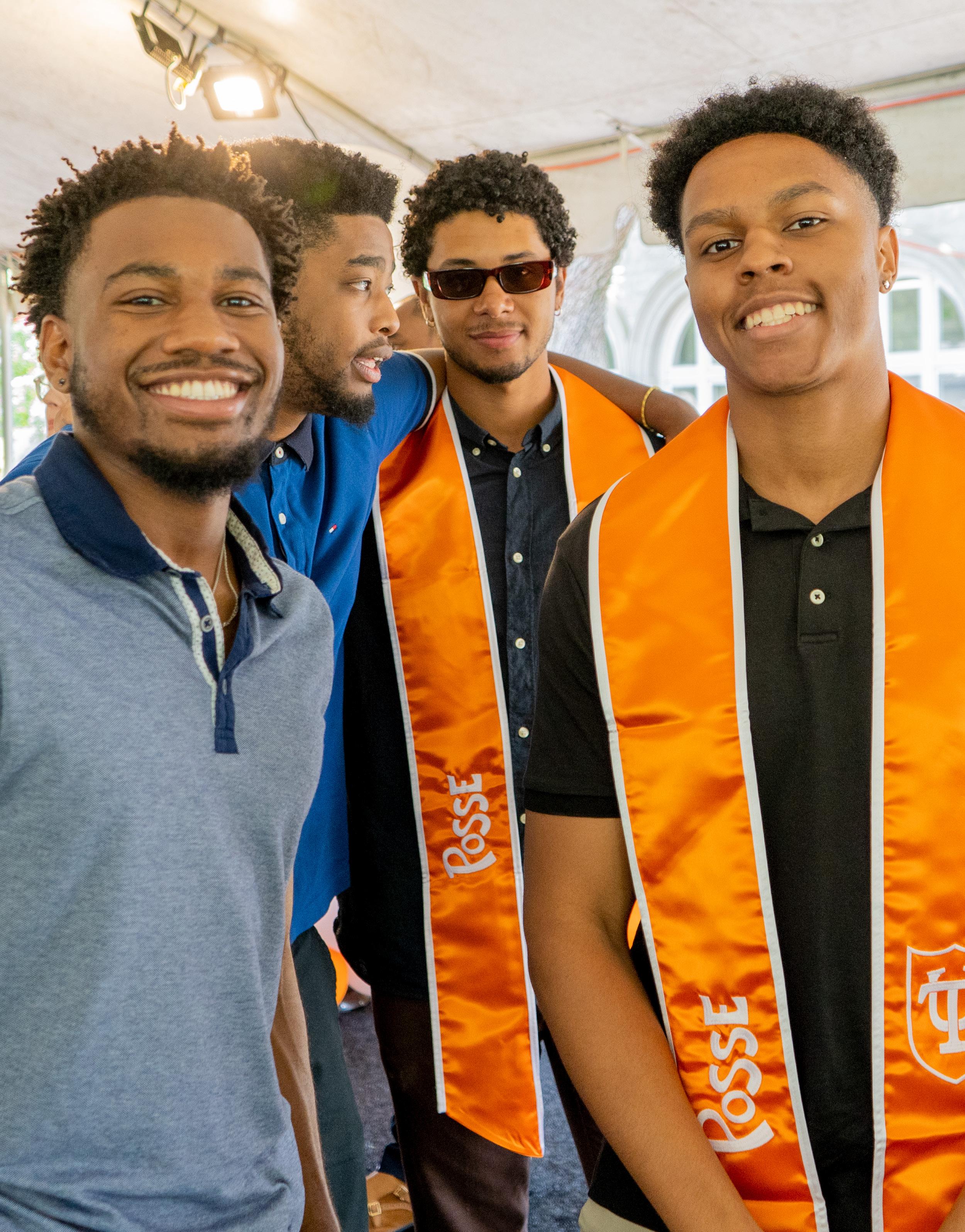
Newcomb-Tulane College’s Center for Academic Equity provides undergraduate students from historically underrepresented groups with unique enrichment opportunities. Two pillar programs, the Posse Scholars program and the College Track program, epitomize the depth and breadth of care and support available to our undergraduate students. These cohortbased programs regularly engage students throughout their entire time at Tulane, leading to the formation of life-long bonds between cohort members while providing them with exclusive learning opportunities and excursions throughout the greater New Orleans region.
In partnership with the Posse Foundation, Tulane hosts two cohorts of Posse Scholars each year, from New Orleans and Los Angeles respectively. These multicultural cohorts of 10-12 students are rooted in the belief that a small, diverse group of talented students (a “Posse”) can serve as a catalyst for individual and community development. Each posse is led by a Tulane staff or faculty
member known as a Posse Mentor, who is responsible for connecting their students to valuable campus resources, pushing them to excel in the classroom, and helping them have a successful academic journey that culminates in graduation.
La’Tesha Hinton, Director of Community Engagement and Health Equity at Tulane Campus Health, is one of the Posse Mentors for first-year students and the most recent graduating New Orleans Posse. “I became a Posse Mentor because I am invested in the future of these students,” says Hinton. “I once read that some people think needing others, or having to depend upon others, is a sign of weakness, but I feel the opposite is true. I feel that people live happier and healthier lives when they have relationships and interactions with others. As we interact
with others, we make connections and links that aid in our learning, help us thrive as individuals, and allow our community to grow and develop.”
In addition to attending big group events like the Posse Dinners and Posse Plus Retreat, Posse Mentors also meet with their cohorts regularly during their first two years of college, both as a group and individually.
Dr. Alessanda Bazzano, Associate Professor in the Department of Global Community Health and Behavioral Sciences, is the mentor for the Class of 2025 College Track Scholars. The College Track Program, which students commit to during high school in ninth grade, serves students from low-income communities who will be the first in their families to earn a bachelor's degree. This commitment to first-generation students is what inspired Dr. Bazzano to serve as a College Track Mentor. “I am the child of two first-generation college students who met and fell in love at Tulane, and I want to see more students like them find their way here. My mom was from a workingclass background in New Orleans, while my dad was an immigrant whose parents were both school teachers. They met in a chemistry lab, and now many years later, here I am – an alumna, faculty, and second-generation Tulanian.”
College Track Mentors meet with their cohorts regularly as individuals and as a group during the first two years of college. These meetings build community between College Track students and create a social support network to rely on when facing challenges inside and outside the classroom. “Mentoring a College Track cohort has meant everything to me, and I am so happy that I’ve had the privilege to get to know my mentees,” says Dr. Bazzano. “It’s been an incredible experience learning from them and supporting them as they learn about the wild and wonderful world of the university. Building relationships with these amazing people has impacted my work and my life in so many ways. Workwise, I’ve been able to involve mentees in my own research, and also gotten ideas about how to improve health for college students. On a personal level, I’ve loved getting to know each of them and their journeys, celebrating birthdays and successes, all while having a space to hold each other up during challenging times.”
Advising at Tulane is hard. Beyond memorizing the multitude of requirements for each and every major at Tulane, advisors need to remember the unique goals and experiences of each of the potentially hundreds of students that they advise. Pre-professional advisors even go a step further by helping students apply for advanced degrees in fields such as medicine, law, dentistry and more. Duc Huynh is unphased by these challenges, and his passion for working with students is evident to all who know him. We sat down with Duc to learn more about his story, the ways that he invests in his students, and the culture that he has fostered with Tulane’s pre-health community.
Hey Duc, thanks for talking with us. Can you tell us a little bit about yourself and how you joined the Academic Advising team at Newcomb-Tulane College?
“Sure thing. I was born and raised here so New Orleans is my hometown. I’m a Tulane grad but I would say my experience was a little atypical. I started in 2003 and then Hurricane Katrina ravaged the city in 2005. As you can imagine, my junior and senior years were pretty different than the first two years. I graduated and went on to complete a masters degree at the University of Texas. I started a Ph.D. program at the University of Toronto with the goal of working in academia as a faculty member. After going through some difficulties with my dissertation, I started asking myself ‘What drew me to academia in the first place?’ The answer kept coming back to my enjoyment working with students, so I left the program, applied for a position in Academic Advising at Tulane and started working here in 2018.”
That’s a big change! What is it like being on the other side of the desk during Academic Advising appointments now that you aren’t the student in the meeting?
“It’s incredibly different. Advising was decentralized and very different back
then, it was before Newcomb-Tulane College was created and I can’t say that I even remember ever having to go to an academic advising appointment. I was initially a pre-med student, and it’s funny because one of my colleagues now was the pre-med advisor back then. I don’t ever remember meeting with her when I was a student. It’s a completely different paradigm now. In my current role, we meet with all of our students and serve as a support network for them. There’s so much we do to engage with students and connect them with resources around campus.”
Can you share a little about the day-today experience of Academic Advising for those who don’t know exactly what you do?
“Of course. I started as an Academic Advisor and the role ultimately focuses on keeping students on track to graduate. You make sure they adhere to credit policies, sign up for the right classes, meet Core Curriculum requirements and generally help them along their academic journey. As a Pre-Professional Advisor, you perform similar tasks while also building up students to be amazing candidates when applying for medical school, law school, dental school, or any number of other types of professional schools. “
Take me through a hypothetical advising appointment. How do you work with students and support their professional aspirations?
“One of the first things I do when I start meeting with a new student is having an intentional conversation about their interests and the things they enjoy doing. Then, we talk about how those things align or don’t align with the career they’re pursuing, and what that could mean for them down the road. I’ve found that so many students haven’t taken the time to reflect on the reasons they want to be a doctor or a lawyer. For some, it means reckoning with what they want in life and exploring other career opportunities. For others, it reaffirms their desire to pursue a professional degree and they
gain confidence to start their journey. Whatever they decide, I’m here to help them achieve their goals.
What do you like most about PreProfessional Advising?
“Without a doubt, the community that we’ve created within the pre-professional students. Typically, we might think of pre-professional students as being internally competitive, some might even say cutthroat, even at the expense of their peers. I’ve found the culture at Tulane to be completely different. We’ve built a community based on collaboration and connections, making sure that every student knows they belong here and have the support they need to pursue their aspirations. They have access to an entire network of support services and campus resources, including things of their own creation like student-led MCAT and LSAT prep courses, professional extracurricular groups, peer tutoring and more.”
“Don’t make me pick just one thing! I honestly love the students we have here, and I love sharing in their journey, good or bad. You can always tell when someone got an acceptance letter because they come into the office beaming, practically buzzing with excitement, and it’s so gratifying to see the culmination of their efforts up to this point in their life. All in all, I’m most proud of our students, not just for their achievements, but how they grow as people. They’re so mindful and willing to think critically about those around them and the important societal issues affecting all of us. They come here wanting to be a doctor or lawyer or whatever it is, and leave they here still wanting that, but also wanting to solve issues like racial barriers to accessing healthcare, or how environmental and socioeconomical issues impact legal processes at both the individual and systemic levels. So much growth occurs during this part of our students’ lives, and I’m just glad to support their journey."
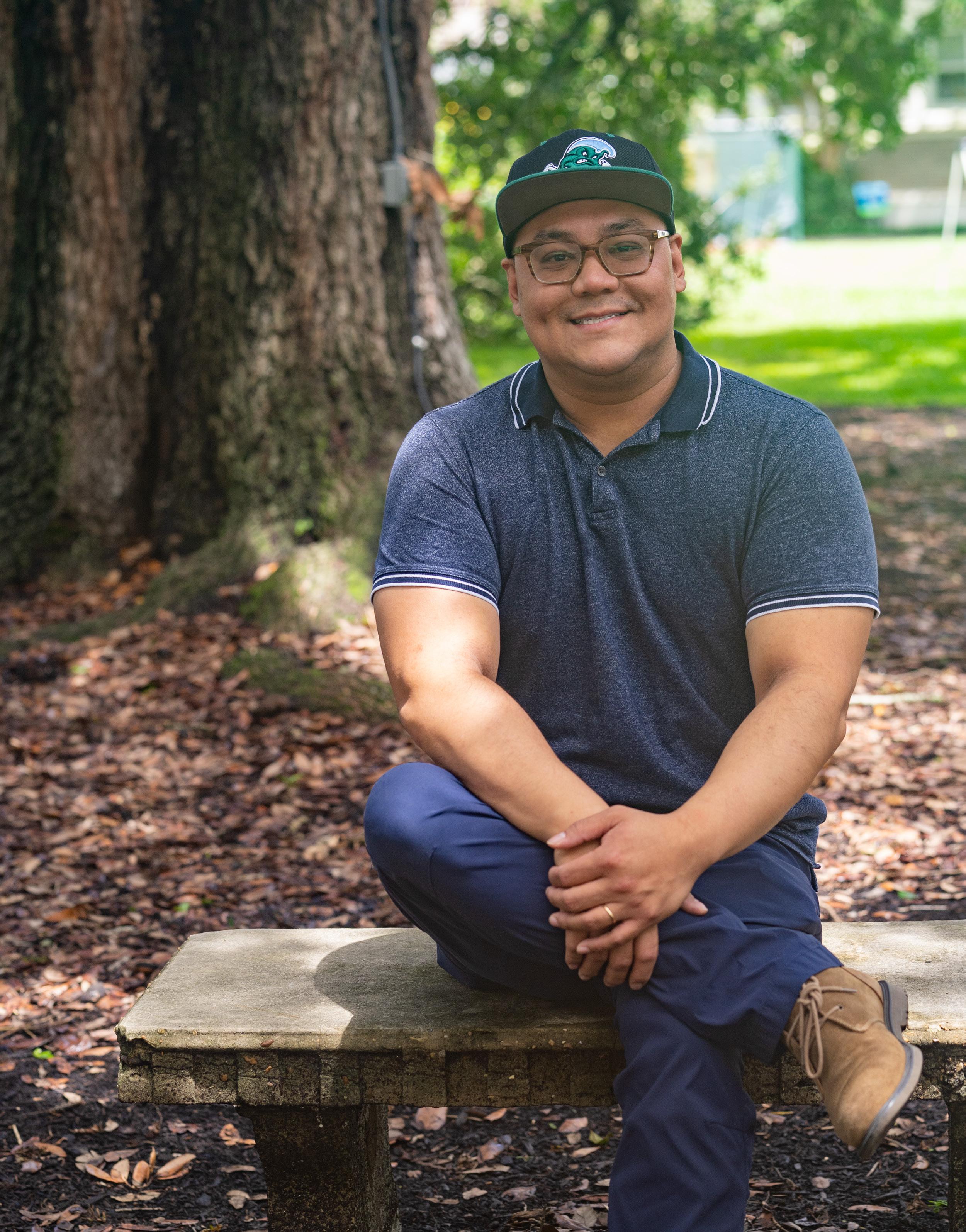 AUTHOR: HUNTER JONES
AUTHOR: HUNTER JONES
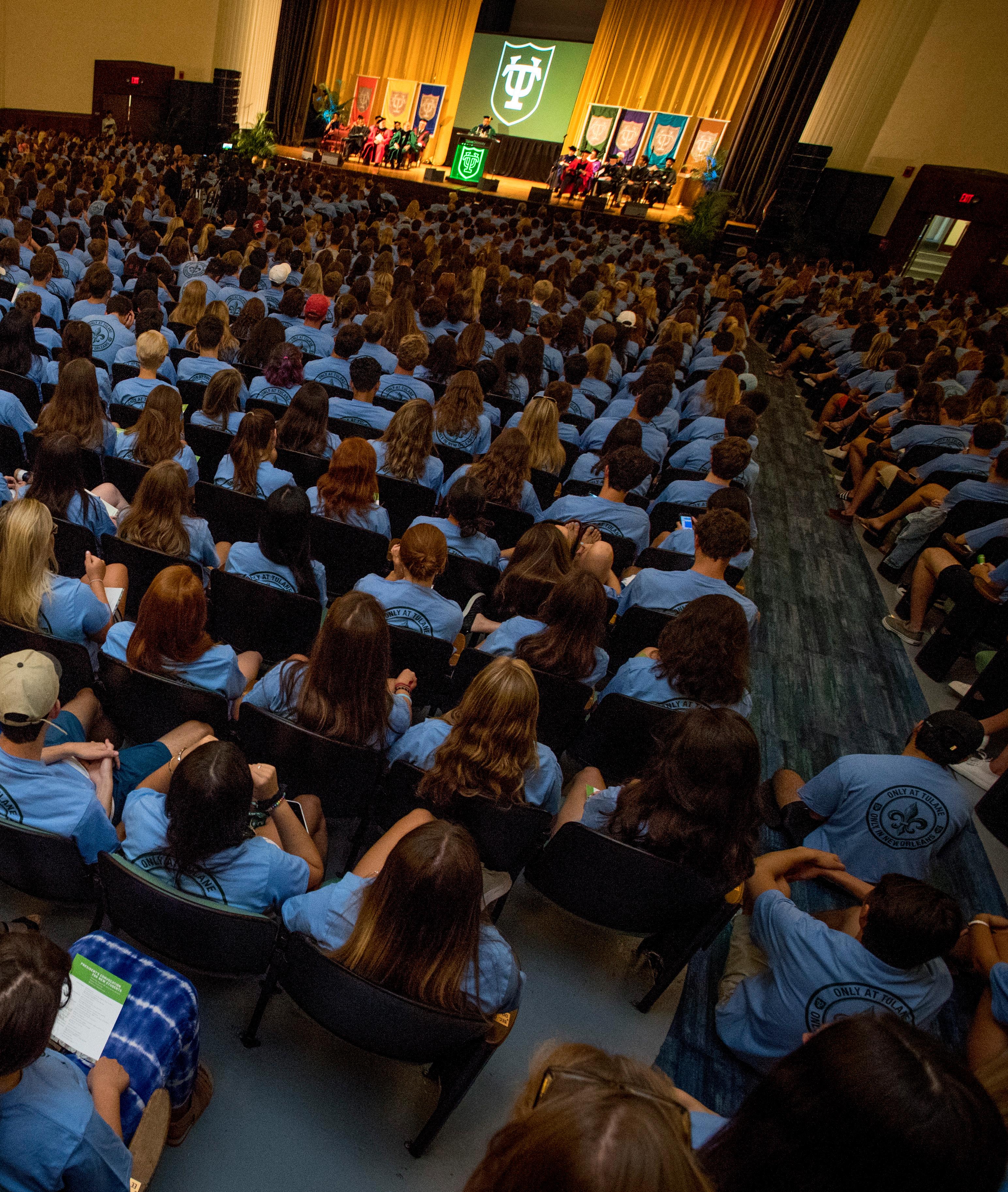
In addition to knowledgeable and highly trained professional staff members, NewcombTulane College employs hundreds of Tulane undergraduates in a variety of student mentor roles across campus. Our students’ willingness to mentor and work with their peers speaks volumes about the community of undergraduate students here at NTC; they truly embody our values of inclusivity, creativity and collaboration. To highlight some of the ways our student leaders serve their fellow Tulanians, this article focuses on some important programs and student mentors at Newcomb-Tulane College.
Every undergraduate student at Tulane University engages with a peer mentor in some form or fashion throughout their academic journey. These mentors might be Peer Success Leaders, Wave Leaders, Resident Advisors, First-Year Seminar Peer Mentors, or any of the other numerous student mentor programs on campus. The Tulane Mentor Institute serves as a hub for campus mentorship opportunities and provides student leaders with training, resources, and best practices for supporting their peers. Through the Mentor Institute, student mentors learn more about what it means to be a mentor, gain knowledge about the wide variety of resources and services they can refer students to for additional help, identify and respond to feelings of distress in their mentees, and gain confidence in their role as a mentor. Student mentors are also specifically trained on serious topics such as Title IX, crisis response protocols, and QPR Suicide Prevention. This transformational program educates and empowers our student leaders to build real connections with their mentees while also providing guidance, encouragement, and support.

Peer Success Leaders (PSLs) are highly motivated and capable students who are always ready to assist their peers through challenges at different stages in their college career. Whether it is navigating one’s academic journey or overcoming the social challenges of college, PSLs help their mentees build a strong foundation and success plan for their time at Tulane.
Beau Goodreaux ’22 served as a Peer Success Leader for three years before graduating in May 2022. “Being a PSL meant being there for my classmates when they needed advice from someone with a perspective and experiences very close to their own,” says Goodreaux. “It also meant being a cheerleader and guide for people who may not be able to see the light at the end of the tunnel.” In addition to scheduling one-on-one sessions with peers to go over topics like studying, time-management, note-taking, how to best prepare for certain classes, and finding a sense of belonging at Tulane, Goodreaux also hosted group workshops and events dedicated to stress management and relief. “I remember how daunting it was for me at first to start at Tulane, and I truly hope that I helped make that transition a little less intimidating for some of my peers.”

Leila Escoto is a Career Peer Advisor for NTC Career Services. In addition to hosting daily Peer Advising Drop-In Hours, Escoto reviews student resumes and teaches a variety of skills ranging from interviewing to networking. “I wanted a job where I could be of service to my peers, connect with the Tulane community, and grow as a young adult,” says Escoto. “Being a Career Peer Advisor means being a source of support to my peers. It is impossible for any single person to know everything about everything, which is why it’s so important to have a network of support that can set you up for success.”
Escoto knows that it can be a really vulnerable and scary thing to go see someone for help, and hopes that she leaves people feeling better than when they first came to see her. “One of my favorite parts about working as a Career Peer Advisor is seeing people’s faces light up as they realize their own worth and accomplishments,” says Escoto. “When students come to me for resume help, they often don’t accurately reflect their experiences on paper because they undervalue themselves and their accomplishments. I love encouraging my peers to realize just how impressive and amazing they are and teaching them how to portray that on paper.”
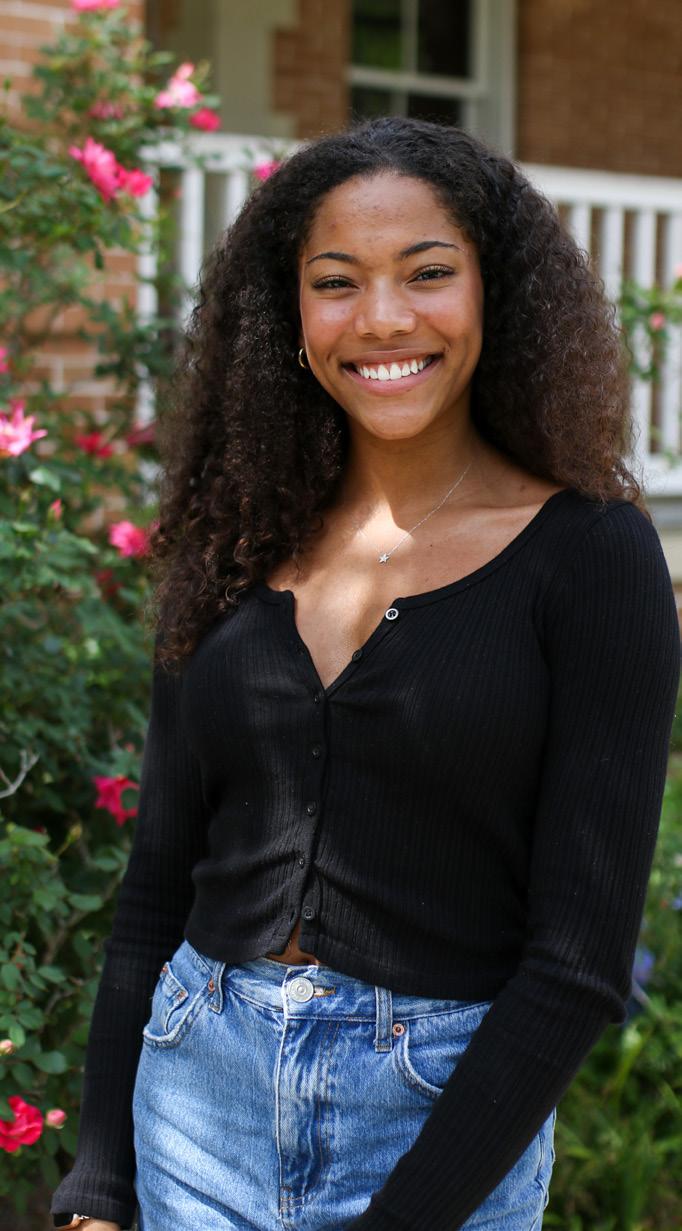
The First-Year Five are a diverse group of sophomore Tulanians selected by the NTC Office of First-Year Experience to document the adventures, experiences, triumphs, and challenges of their first-year. By offering insights into their day-to-day lives, members of this group, like sophomore McKenzie Jackson, help other students adjust to collegiate life at Tulane and learn more about what to expect throughout their academic journey. They leverage social media to answer questions, inform students about exciting events and activities, and connect their peers to important resources and services all across Tulane.
“Entering college is new and exciting,” says Jackson. “It can also be very scary and unfamiliar. Mentoring means cultivating a space for students to feel safe, respected, comfortable, and heard. Mentoring means sitting with a student to help them organize their schedule or meeting them for coffee so they can vent about their day or ask for advice on a problem they’ve been having with a friend. There are so many examples of what mentoring can look like but at its core, I think that mentoring means being the guidance that will help students reach their full potential.”
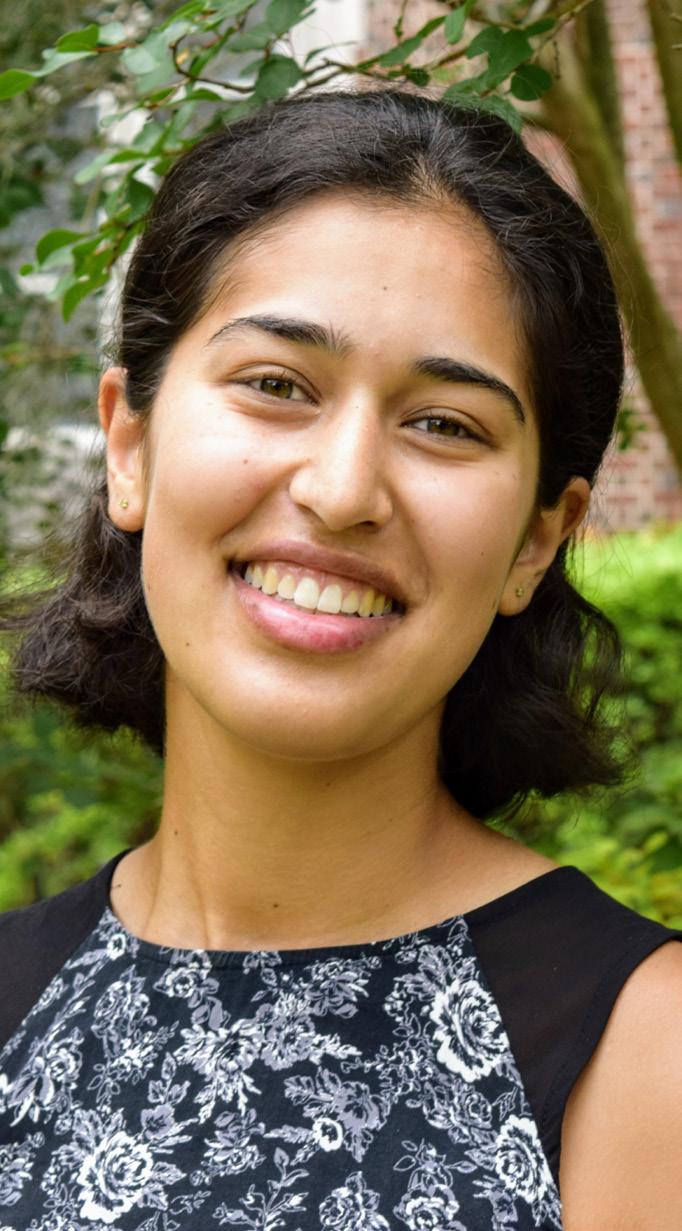
Anya Mukundan ’22 mentored her fellow Tulanians as a Peer Advisor in the NTC Office of Study Abroad. From learning about the dozens and dozens of study abroad programs, to checking course requirements, to filling out application paperwork, students can feel overwhelmed in their search for the perfect study abroad opportunity, but Mukundan was there to share her knowledge and personal study abroad experiences and guide students through the process. “One of the big reasons I became a Peer Advisor is because after studying abroad for one summer and two semesters, I felt like I had learned so much about the study abroad application process and I wanted to be able to pass it on and make things easier for other students.”
“To me, being a student mentor means acting as an additional resource for students,” says Mukundan. “Since we’re peers, student mentors are approachable and easily accessible. Being less formal than scheduling an appointment with a staff member is also great for students and eliminates a barrier to getting their questions answered. I also found that people wanted to hear where I studied abroad, and this was the perfect outlet to get to talk about my study abroad experiences all the time in a way that was helpful to others.”

First-Year Seminar
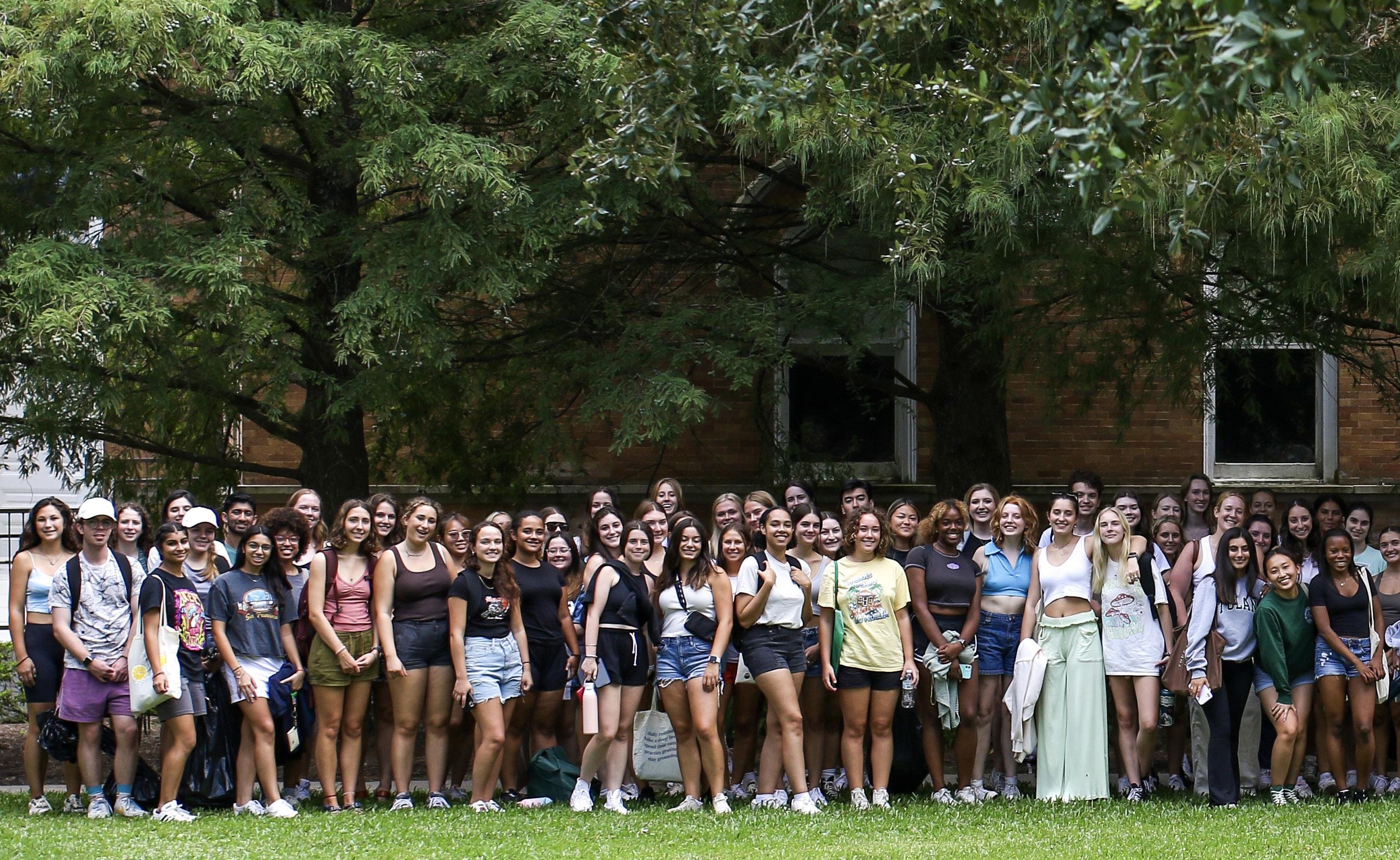
Peer Mentors are upperclass students who play a crucial role in the transition of first-year students to academic and social communities at Tulane. Each one is assigned to a first-year seminar classroom (TIDES or Honors Colloquium) to create an inclusive environment and connect students to campus resources. They meet with students outside the classroom, as well as plan events and activities for their mentees to strengthen the bonds between cohort members.
As a First-Year Seminar Peer Mentor, Gillian Warner serves as a resource and role model to her mentees. “When I first got to Tulane, I wanted to be able to do everything,” says Warner. “Unfortunately, there isn’t always enough time to do every single thing you want to do. I learned how to balance academics, a social life, exploring New Orleans, and my personal and professional goals. I help my mentees find their own balance and make the most of their time at Tulane.”

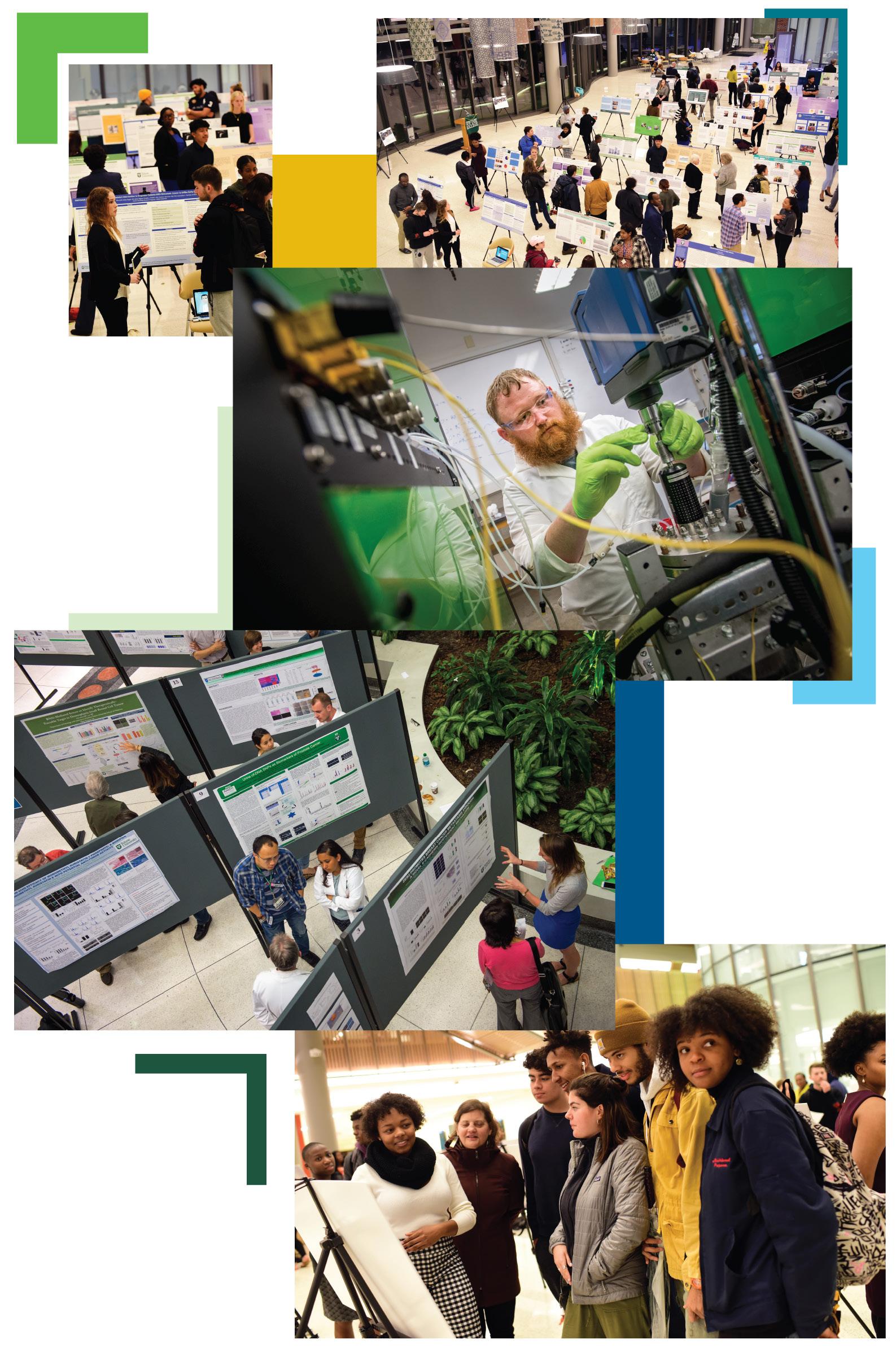
STUDENT CAN BE A RESEARCHER IF YOU GIVE THEM
TO TAKE THE FIRST STEP INTO THE FIELD.
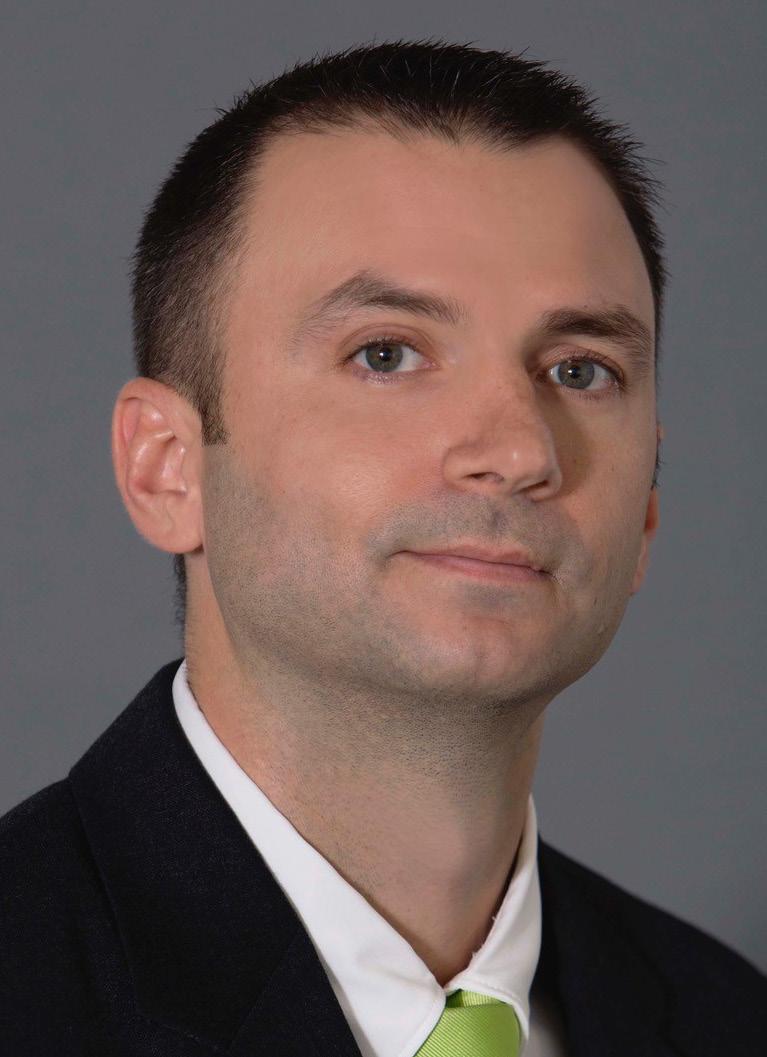
The opportunity to engage in research is a core pillar of the Newcomb-Tulane College undergraduate experience. Conducting research challenges a student’s intellect, forces them to think critically about new issues, encourages their creativity and empowers them to find their place within a larger intellectual community. In addition to the undergraduate research opportunities found within the NTC Office of Academic Enrichment, students can find and engage in research with the help of supportive faculty members like Dr. Matt Barrios and Dr. Chris Oliver.
Dr. Matt Barrios, a Senior Professor of Practice in the Department of Physics and Engineering Physics, joined Tulane in 2016 after many years in the field of cryogenic engineering. In addition to teaching, he’s taken on an advisory role within the department to help students connect with research opportunities. “Sometimes, a student has a clear idea of what they’d like to research,” says Barrios. “So I talk about ways they can connect with professors: send an email, drop by their office, or even take a course the professor teaches.” Other students aren’t sure what they want to study, or if they even want to get involved in research. For these students, Barrios has found success directing them to faculty webpages and helping them learn more about the faculty member’s research and publications.
“There are so many reasons to get involved in undergraduate research,” says Barrios. “You make excellent professional connections, have the opportunity to figure out if you want to pursue a career in research, bolster your resume, pick up useful skills and learn more about a topic than you ever could just sitting in a classroom.” Students that engage in undergraduate research will also have an advantage when applying for jobs or graduate schools; they’ve demonstrated interest and aptitude in the field, have relevant hands-on experience and typically have better writing and presentation skills than their peers.
Dr. Barrios continues to mentor students and guide them through the process of finding research opportunities because he enjoys seeing them grow over their time at Tulane. “I’m starting to get to the point where students I met at CAST advising sessions prior to their freshman year have graduated and gone on to careers at NASA, Tesla, Boeing, and more. One student I met at Honors Weekend kept in contact with me basically throughout her whole time at Tulane. Now she’s at Stanford for grad school and interning at Apple. I met another student with his parents at a Destination Tulane lunch prior to his freshman year, and just before graduation we met again to catch up and talk about his upcoming job at Lockheed Martin.”
“For Tulane undergraduates, the future is so wide open. I have a lot of fun talking about all of the cool things my students are interested in and how they can explore the possibilities. To then see them succeed in their efforts is the icing on the cake.”
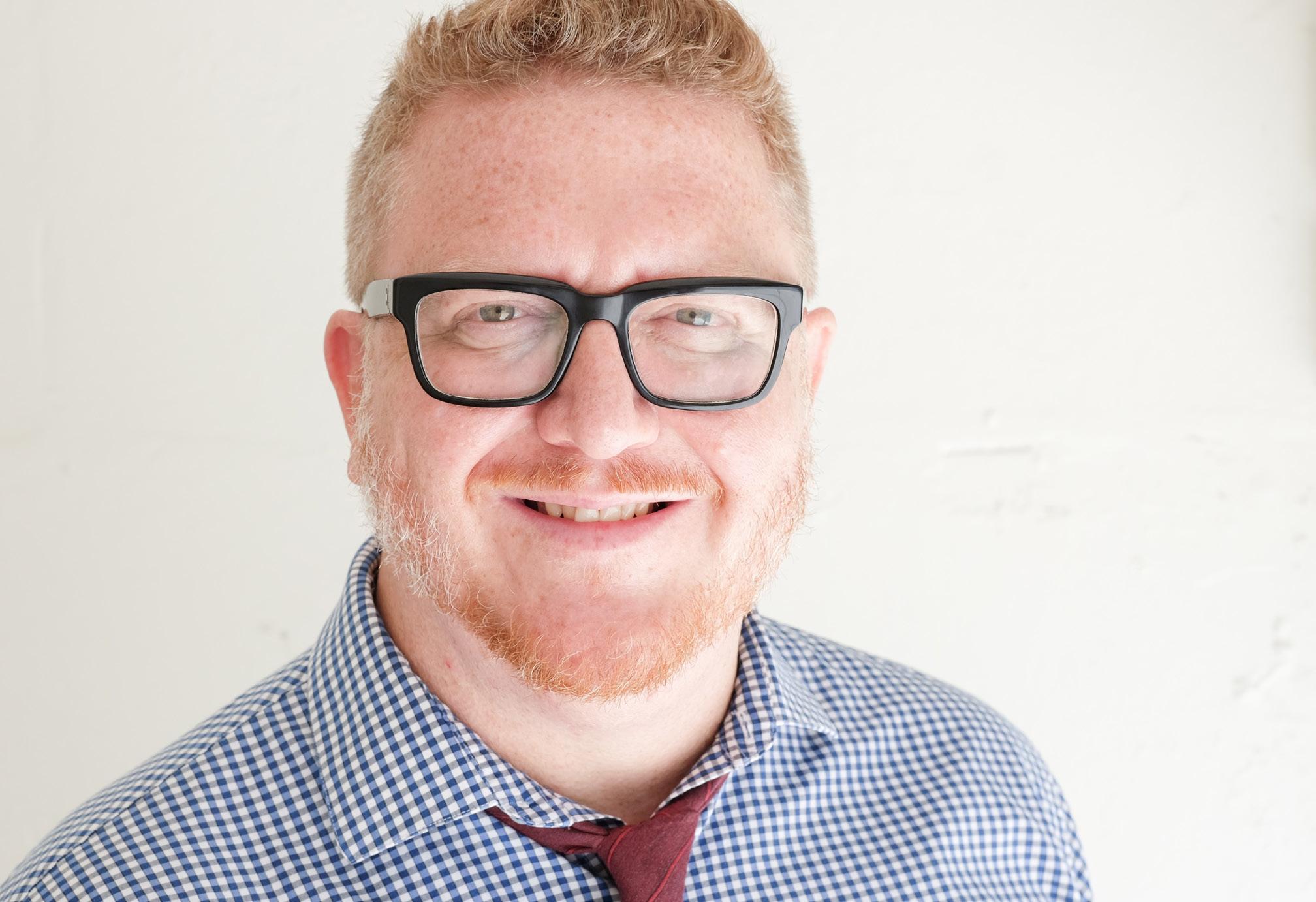
Life in, and outside, the lab: an inside look at just one opportunity available to students
Dr. Christopher Oliver, Senior Professor of Practice in the Department of Sociology and Environmental Studies, affiliate faculty for the Urban Studies and City, Culture, and Community program and the Taylor Center’s Jill H. and Avram A. Glazer Professor of Social Entrepreneurship, is one of the faculty members investing in our students through undergraduate research opportunities.
Much of his research involves environmental justice and urban sociology, which combines aspects of ecology, law, philosophy, and sociology to better understand how environmental factors impact people within a community and advocate for those unjustly hurt by different forms of pollution. “There’s a difference between learning in the field and
learning in the classroom,” says Oliver. “My student researchers are empowered to self-direct because they’re rarely going to have a specific set of instructions handed to them later in their career. I also want them to understand this work is not about them but about the community members who are being harmed. When we’re working with a community being poisoned by toxic contaminants, students must prioritize the needs and wants of the community and ensure those are their priorities in the work.”
There are many opportunities available to undergraduates in Dr. Oliver’s Critical Visualization and Media Lab (CVML). Some students, in collaboration with local New Orleanians and co-led by Dr. Oliver, created The American Dream Denied: The New Orleans Residents of Gordon Plaza Seek Relocation, an exhibit for Newcomb Art Museum to showcase how residents were being poisoned by the toxic landfill
and US EPA Superfund site beneath their neighborhood. Other students are studying how an overabundance of Short-Term Rentals (SRTs) in New Orleans are displacing residents and creating a housing shortage, and others still are investigating the impact of blight, also known as urban decay, throughout the city.
“My students develop an understanding of intersectionality during their time with the CVML,” says Oliver, “they see how a multitude of seemingly unrelated issues can coalesce into major environmental issues. Unfortunately, in New Orleans, there’s no shortage of urban and environmental justice issues. When students have an opportunity to provide their skills and support, I see that light turn on in my students and I know their passion for this work has been ignited. They’re going to take what they’ve learned at CVML and address these things in other communities all over the world.”
“When students have an opportunity to provide their skills and support, I see that light turn on in my students and I know their passion for this work has been ignited. They’re going to take what they’ve learned at CVML and address these things in other communities all over the world.”
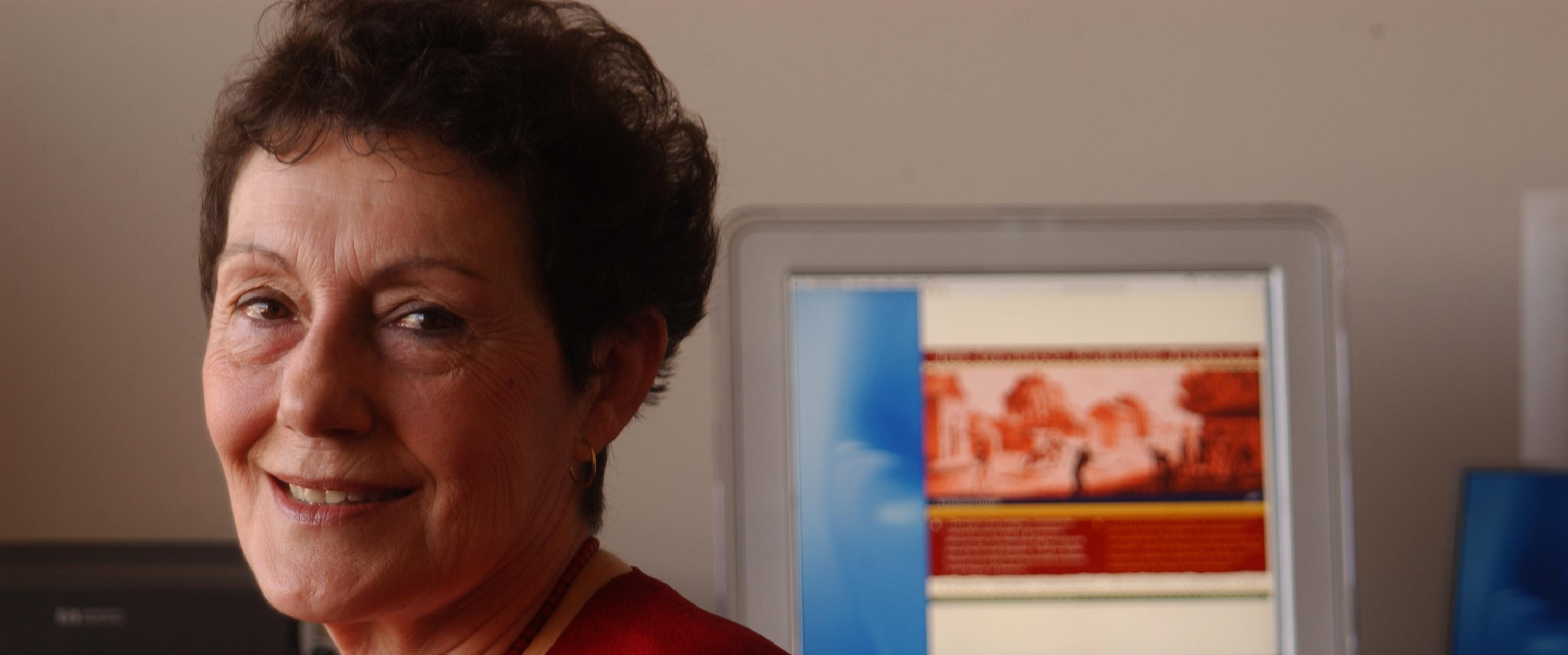
Undergraduate research is a pillar of the student experience within NewcombTulane College. In addition to connecting students with faculty researchers across a broad spectrum of disciplines, we support our students with grants to enable undergraduates to engage in research activities. This removes financial barriers to access and allows students to participate in academic internships, conferences, hands-on research projects and much more without having to worry about associated costs.
The Georges Lurcy Charitable and Educational Trust donated $150,000 in 2001 to establish an endowed fund to support students in the honors program and undergraduate research at Tulane. In 2022, through George Bernstein, a trustee, the Lurcy Foundation contributed an additional $100,000 and renamed the fund the Sylvia Frey Undergraduate Research Endowed Fund to honor Dr. Bernstein’s late colleague in Tulane’s Department of History. This gift will further increase the ways in which Newcomb-Tulane College can support our best and brightest
students as they engage in rigorous, original research and complete their senior theses or projects in the fields of liberal arts, sciences and public health.
Sylvia Frey was a renowned history professor and prolific author whose books and articles for scholarly journals covered subjects such as women in pre-industrial America, slave revolts, and British military justice in the 18th century. When she joined Tulane’s History faculty in 1969, she was the only woman in the department, and later she became the department’s first woman chair. Frey was a cofounder and the first director of the Deep South Regional Humanities Center, the predecessor of the New Orleans Center for the Gulf South. “Research was central to Sylvia’s view of what it meant to be a historian and so to a liberal arts education,” Bernstein said. “A fund supporting the research of Tulane’s best undergraduates therefore seemed to me an especially appropriate way to honor Sylvia.”
INFORM, EMPOWER, ACCOMPANY
The Newcomb-Tulane College Office of Fellowship Advising (OFA) seeks to inform, empower, and accompany students as they explore, apply and compete for prestigious awards that can fund a wide range of opportunities from international research, teaching English and intensive summer language immersion programs and study abroad to graduate study and leadership development programs.
Thomas Spencer and Jennifer Beers accomplish this by forming meaningful and enduring relationships with the students they advise. Their work begins by educating students about opportunities or funding that match their interests, needs, even their identities. When students decide to pursue awards, Thomas and Jennifer guide them through the numerous application processes.
If applying for a competitive award sounds daunting, it shouldn’t: while the work and commitment that go into the application process are extensive,
so are the support and mentorship that the OFA provides. The initial stages of learning about students’ objectives and big-picture ideation help Thomas and Jennifer identify opportunities that can support applicants’ growth—while they are students at Tulane or even after graduation. Through multiple conversations with student and alumni applicants, they help applicants to formulate and define their priorities. Applicants are encouraged to dig deep to understand what motivates their pursuit of the goals and values they uphold. In all, Thomas and Jennifer work with applicants as they compose essays, solicit letters of recommendation, and finalize their submissions.
Thomas and Jennifer can customize their coaching methods to work with small groups on various parts of the application or in more focused oneon-one settings. They strategize with each applicant as they approach the application components, providing tools and materials to make them more competitive. They encourage the students whom they mentor to take risks. They empower students to push
past the bars they—and others— have set for them, to set ambitious goals and be bold.
“The important thing for everyone to realize is that there are programs and awards – fellowships, scholarships, grants – that cover nearly every interest, all demographics, and every field of study. There are opportunities for every point of your trajectory, whether that’s personal, academic or
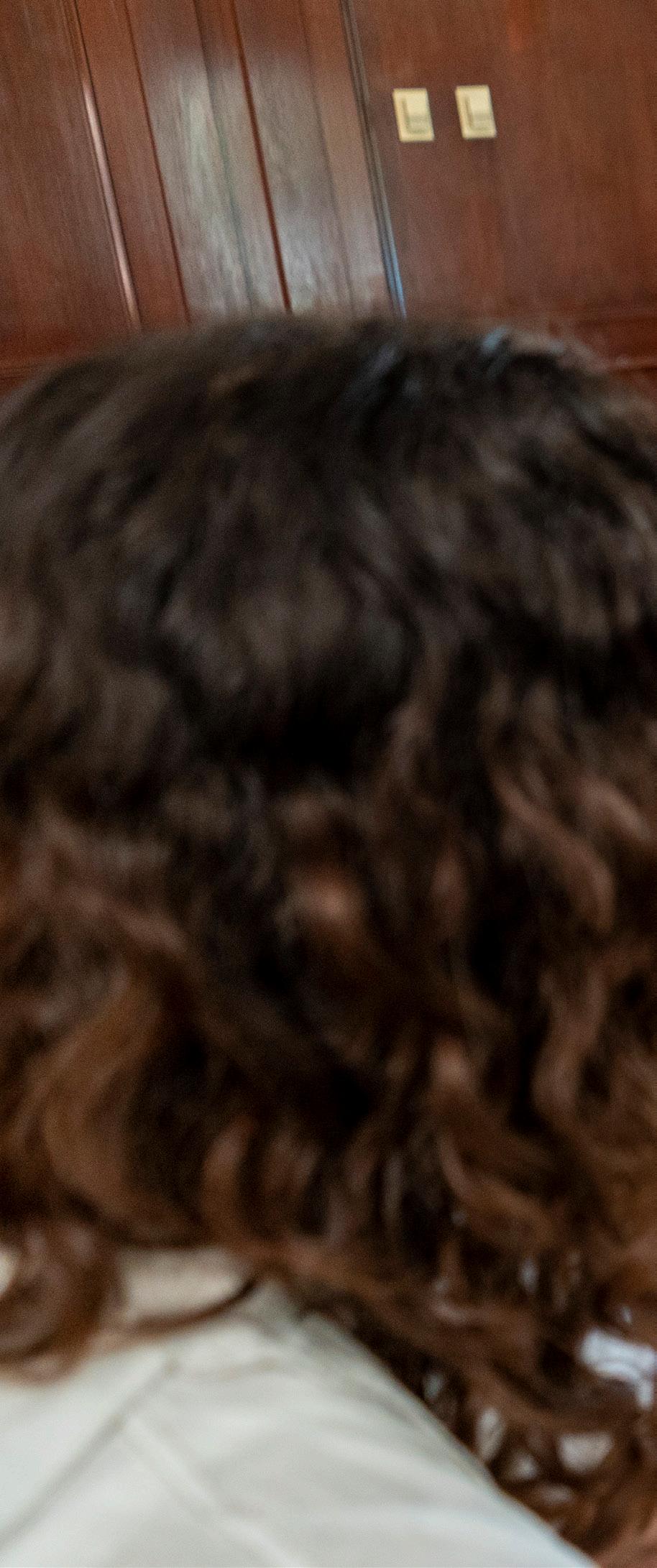
professional,” says Thomas.
As Jennifer explains, there is really no downside to pursuing a fellowship. Even if you do not get the award that you applied for, you will come away with a set of transferrable skills that can be used in job or graduate school applications, and perhaps most important, a clearer vision of your goals, priorities and values—as well as a way to clearly articulate them to

others. Though they uphold the value of the process over the outcome of the competition, they admit they are just as excited as the students when an award is granted.
“It’s awesome – we are so thrilled for them. After all, that is the reason we do the work. But regardless of the outcome, we see students win in different ways, sometimes finding paths they had not considered. Even if they don’t come away with the award, they come away with something else – the ability to be stronger candidates for future endeavors,” says Jennifer.
The Office of Fellowship Advising had an impressive year in 2021-22, with approximately $620,000 offered to Tulane students through 1 Amgen Scholarship, 3 Critical Language Scholarships, 15 Fulbright Grants, 2 Gilman Scholarships, 2 Goldwater Scholarships and Tulane’s first Udall Scholarship since 1997. The Office of Fellowship Advising looks forward to expanding its reach within the Tulane community by strengthening existing relationships and cultivating new partnerships with other offices and departments on campus, while creating new opportunities to connect with applicants earlier and more often.

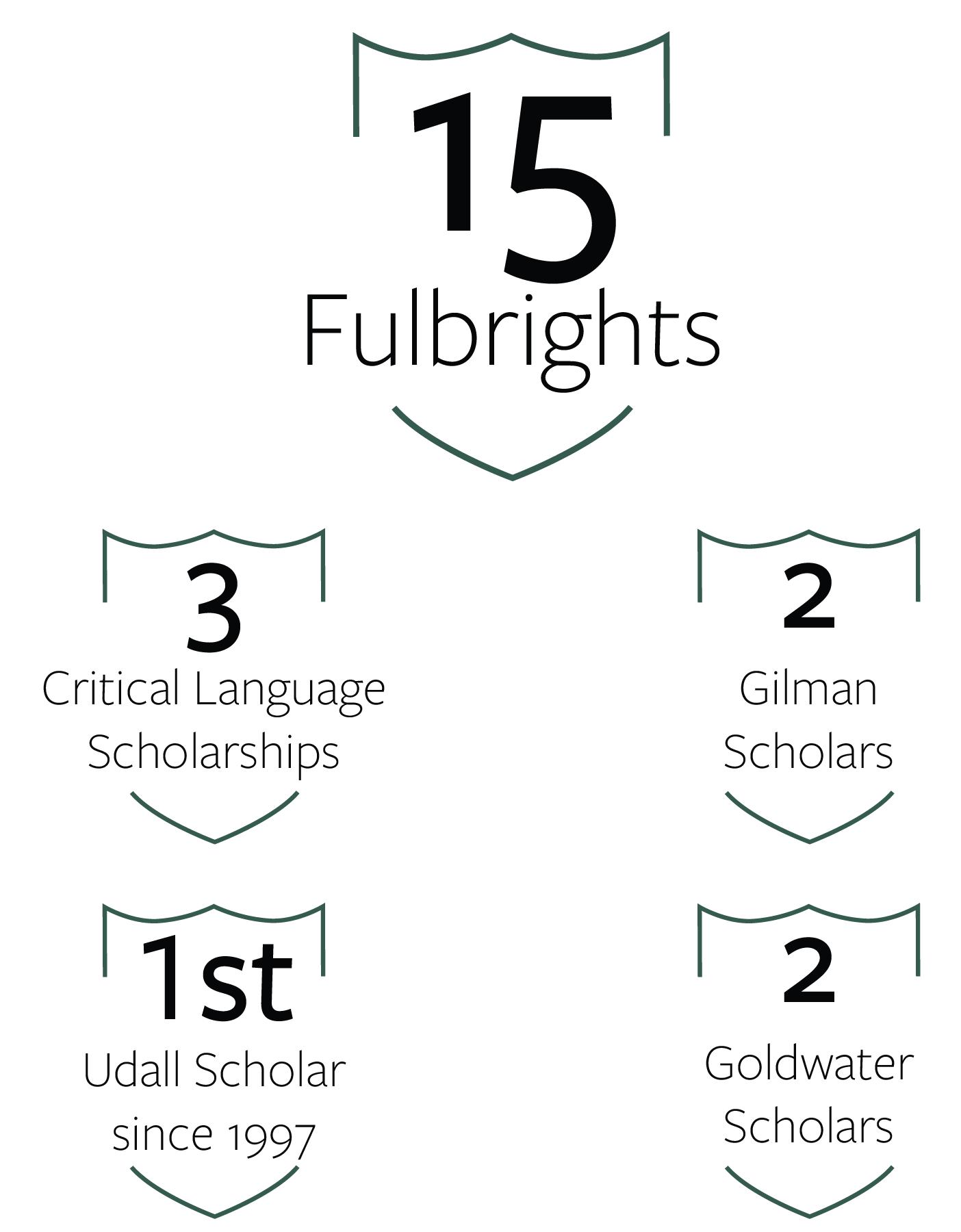
Another impressive year for both Tulane students and the Office of Fellowship Advising.
“We never want anyone to self-select out. We want to talk to everyone. When I was a student, I didn’t know about fellowships and I’m so glad I get to be this person for others.”
Faculty-student engagement is a crucial piece of the college experience, and it goes far beyond just listening to a lecture or getting feedback in the margins of an essay assignment. Newcomb-Tulane College facilitates these connections inside the classroom and beyond via a host of programs that allow faculty members to enhance their undergraduate teaching methods and forge meaningful connections with their students. By engaging faculty as Duren Professors, TIDES faculty, College Scholars Faculty Principals and Residential Faculty Mentors, Newcomb-Tulane College programs increase student access to faculty members, create unique, multidisciplinary educational experiences and help students feel like they belong as members of the Tulane community.
Dr. Jelagat Cheruiyot, Professor of Practice in the Department of Ecology & Evolutionary Biology, is a former Duren Professor and currently serves as both a College Scholar Faculty Principal and a TIDES Faculty Member. “Being part of these programs gives me the chance to connect with students in a deeper way,” says Cheruiyot. “We are regularly outside the classroom building and cultivating community gardens throughout New Orleans. I could tell students about food shortages and have them read a book, or we could grow, tend and harvest fruits and vegetables to provide real sustenance for local community members.” Newcomb-Tulane College
is so committed to service learning that it is a requirement in the NTC Core Curriculum for all NTC students, and Dr. Cheruiyot says this is one of her favorite things about Tulane.
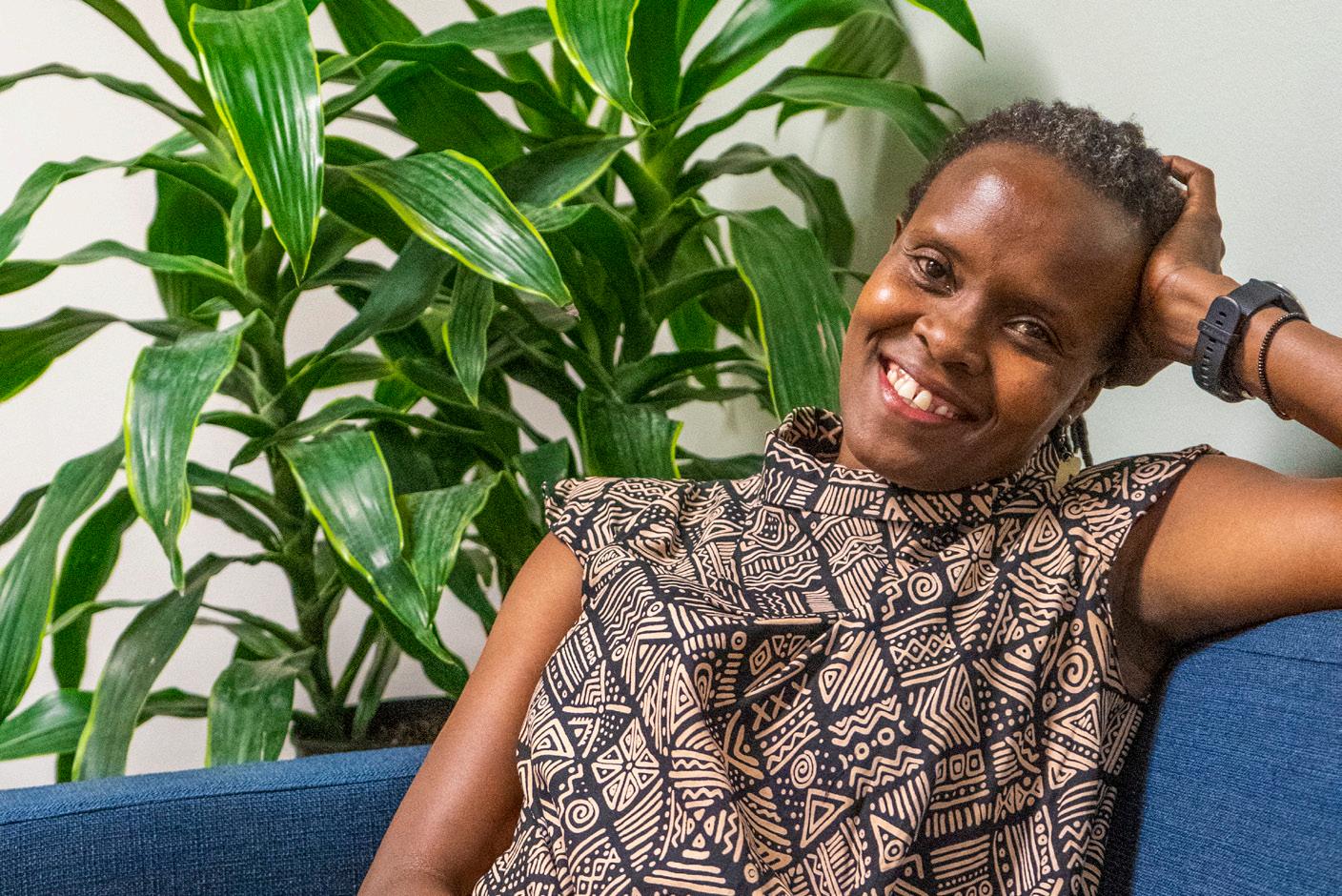
“Students take these classes because they already have a spark of interest in the work, and I get to fan the flames,” says Cheruiyot. “It makes me so happy to see their passion and energy for environmentalism and making positive change in their community. There’s also more to these classes than just academics or service-learning, there’s a human element too because we all work so closely together. The students build bonds with me and with each
other that persist throughout their time at Tulane.”
Second-year Residential Faculty Mentor (RFM) and current College
Scholar Faculty Principal Dr. Marie Dahleh thrives in her roles because they allow her to stay connected with students and gain insight on the college experience outside the classroom. While being the Associate Dean for Strategic Innovation and Program Development for the School of Science & Engineering and Senior Professor of Practice in the Department of Mathematics keeps her busy, Dr. Dahleh never turns down an opportunity to meet with students.
“Being an RFM is great because it takes me outside the classroom,” says Dahleh. “I meet with students in the residence halls, answer questions, eat with them and host fun events. It’s a great way to get students to become comfortable interacting with Tulane faculty members. It can be intimidating, especially for first-year students, to talk to faculty members, but this role helps break down that barrier.”
One of the things that Dr. Dahleh loves most about Tulane is the ability for students to engage in a multi-disciplinary educational experience, and she encourages all of her students to explore their interests to the fullest. “At some point, a lot of students have been given these prescriptive, narrow pathways to what they might consider ‘success.’ Do well in high school, go to a certain college, major in a specific thing, and get the job you want. That’s not necessarily bad advice, but at the same time, it ignores so much of the freedom found within the college experience. Explore your interests! There are no wasted experiences; every single opportunity leads to another, and you can learn so much along that journey. I want every student to be comfortable learning new things, challenging their biases and assumptions, and know that this is a time they can fully reinvent themselves.”

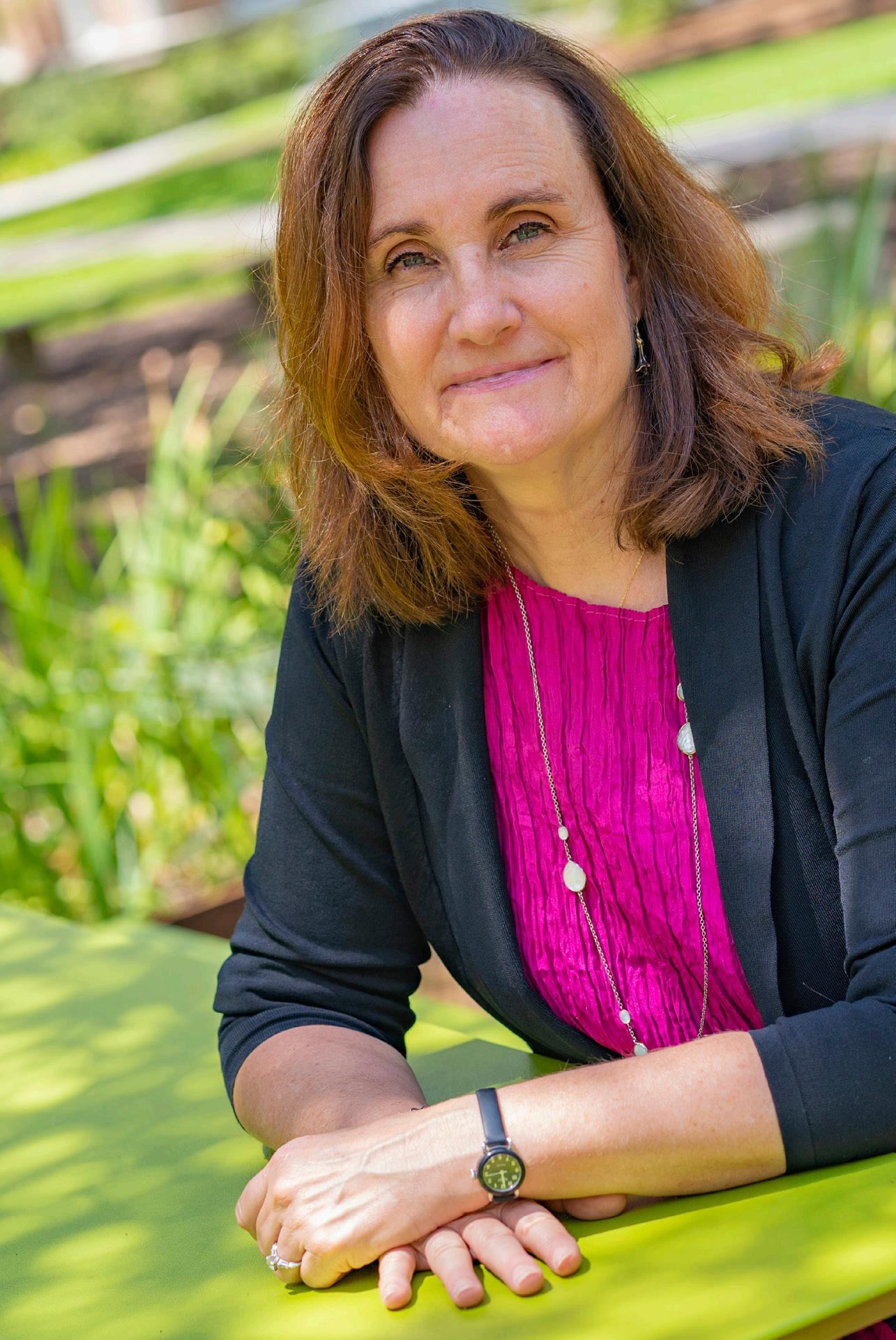
The wall beside Dr. Cheruiyot is covered in student signatures, class names and short affirmations. When asked about the wall, she smiles and says this is her student wall. Everyone on the wall has taken multiple classes with Dr. Cheruiyot, and the student signatures are a reminder of the memories made during their learning adventure.
